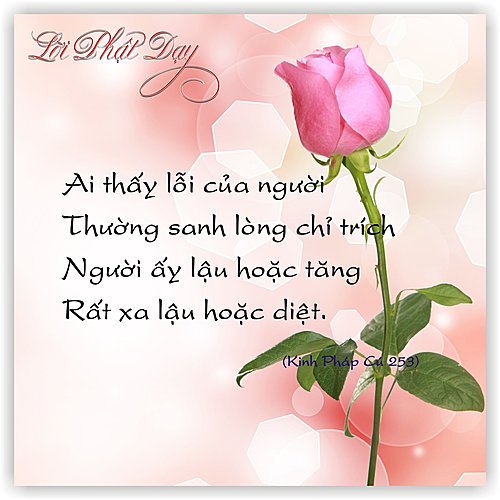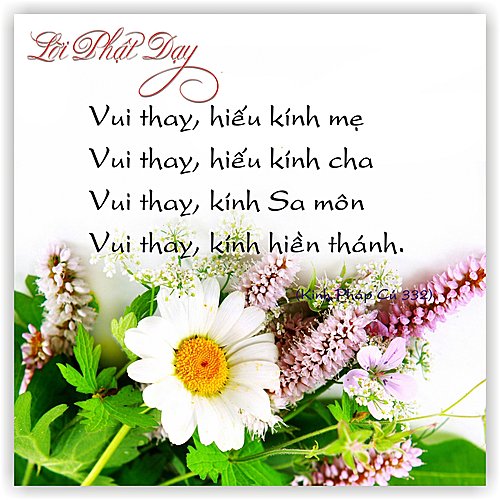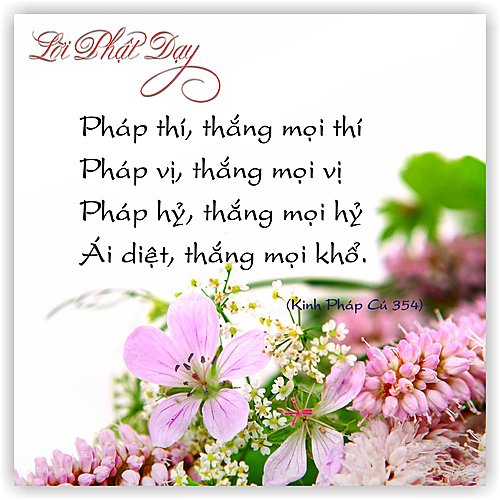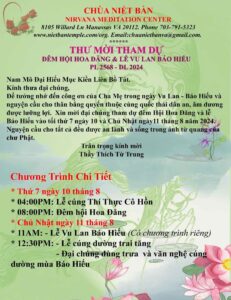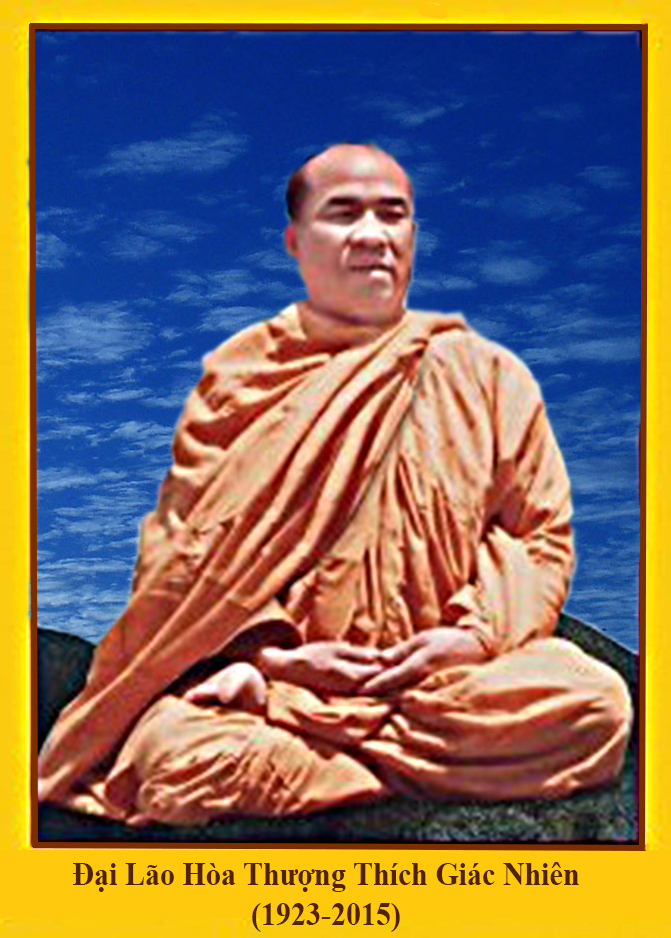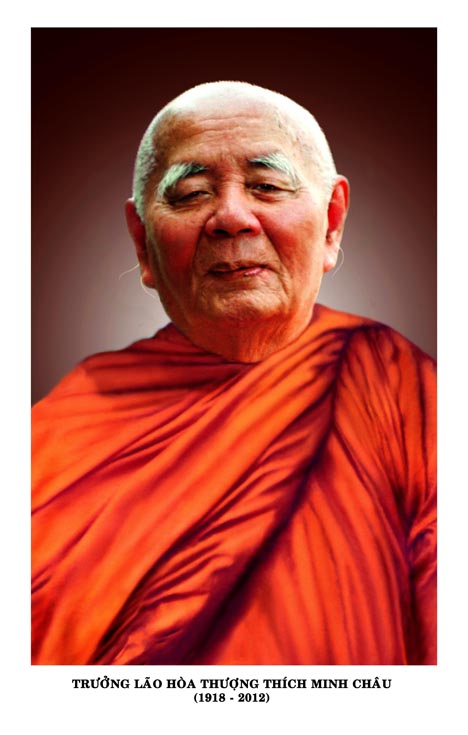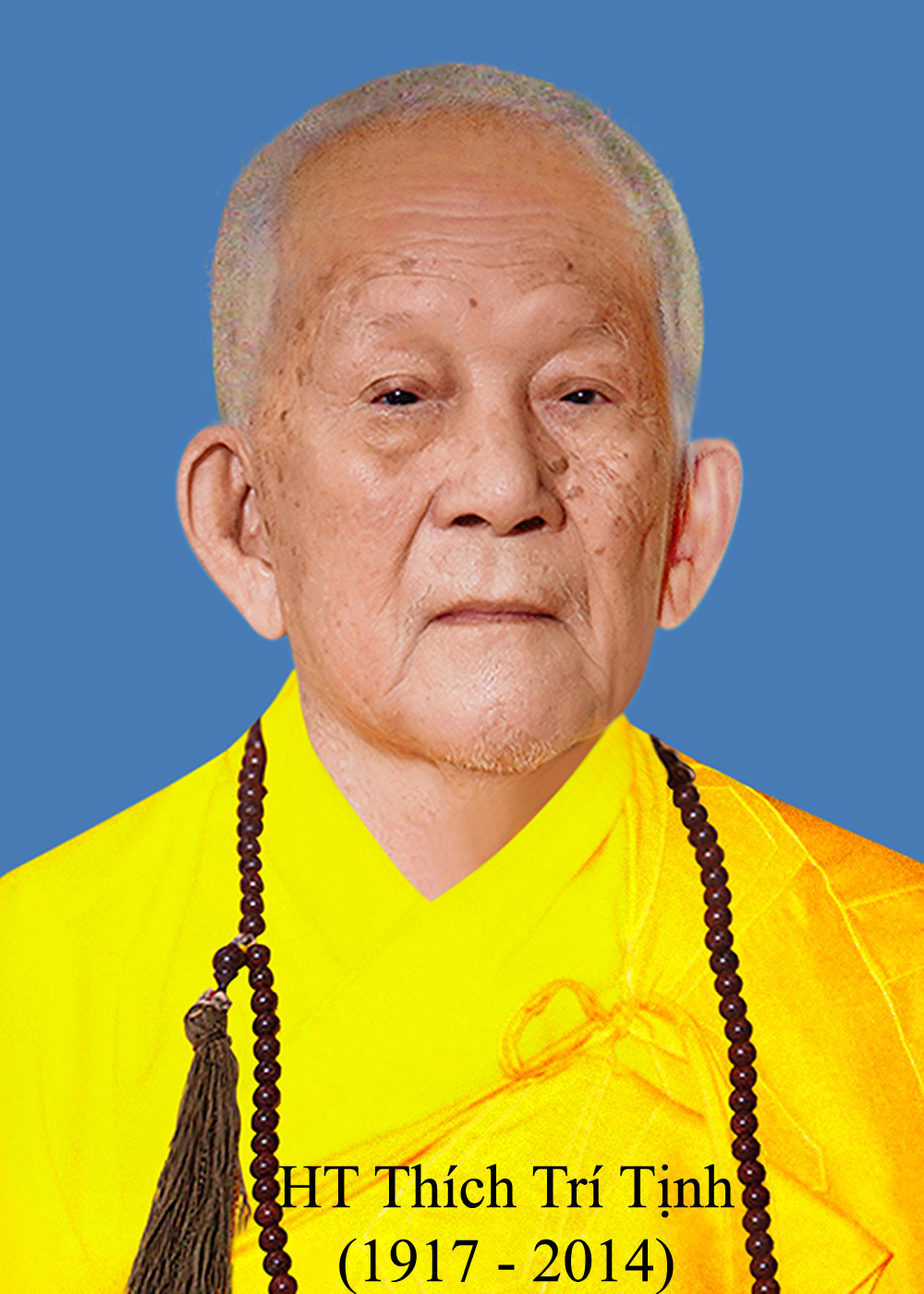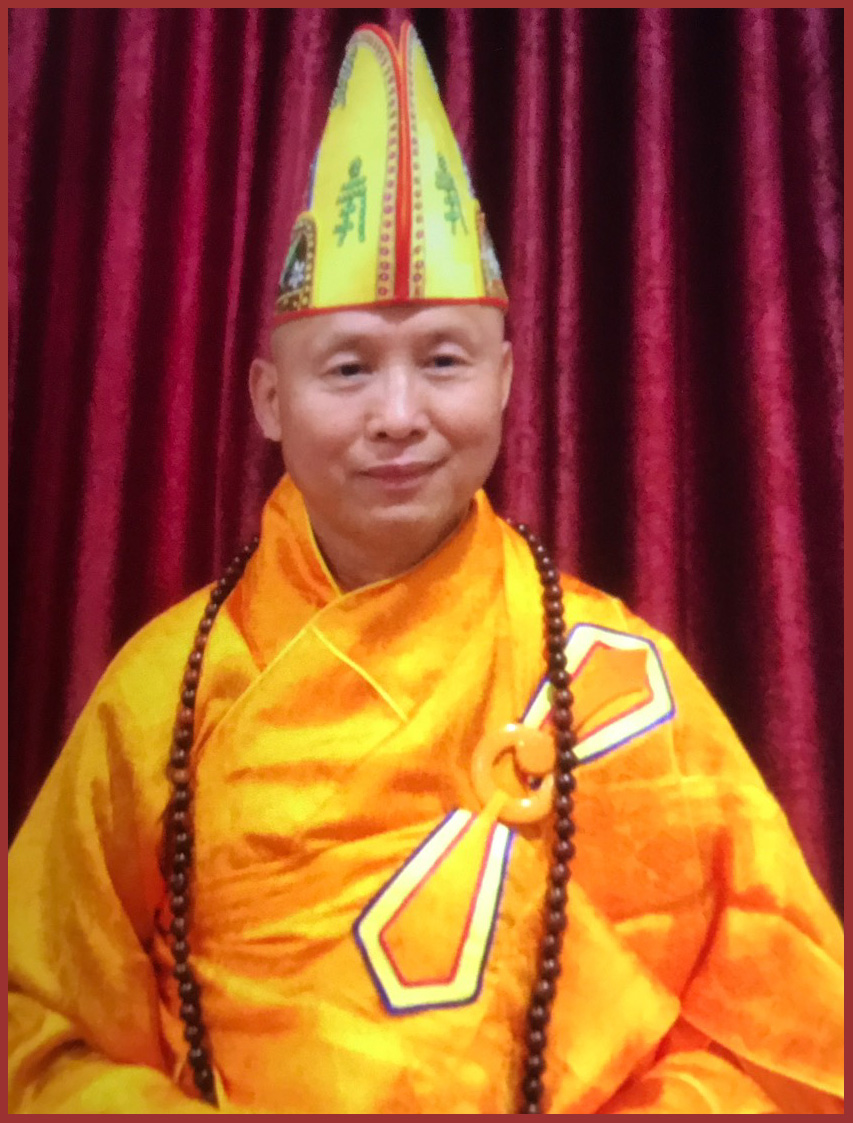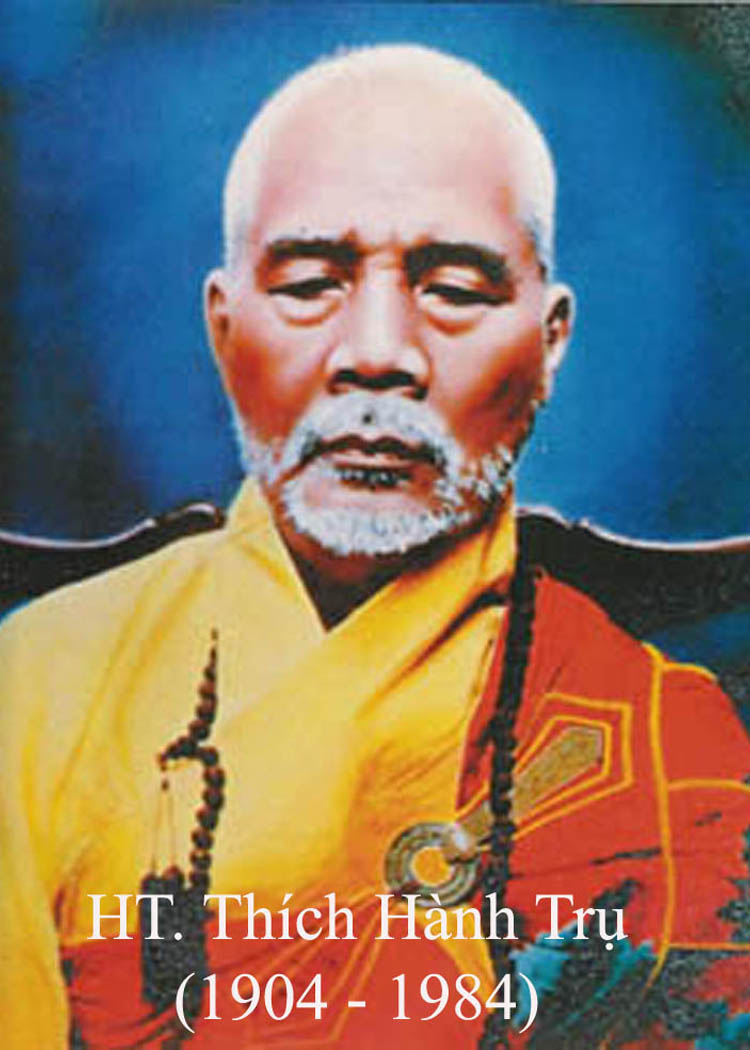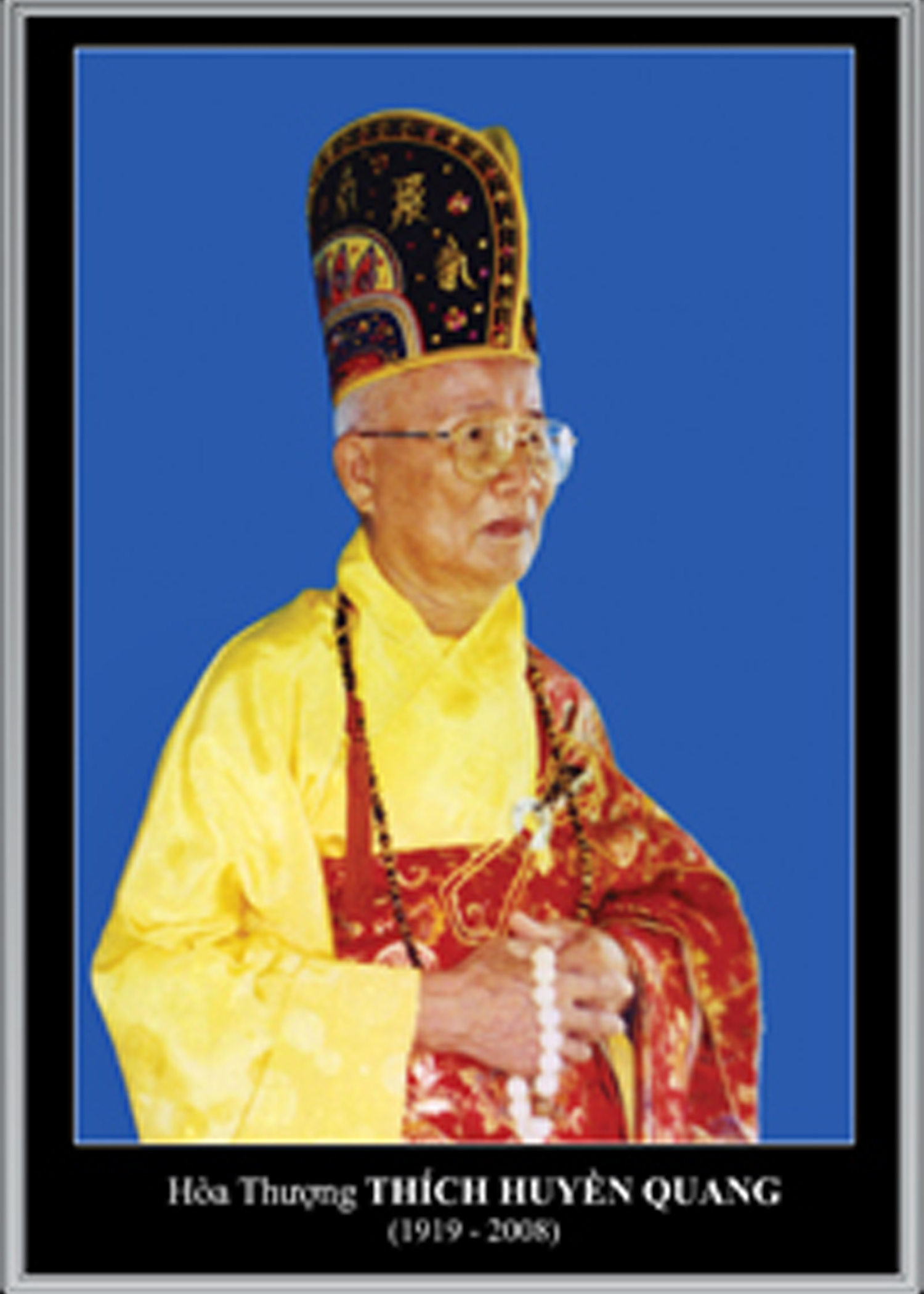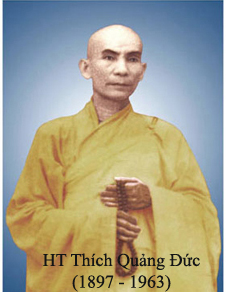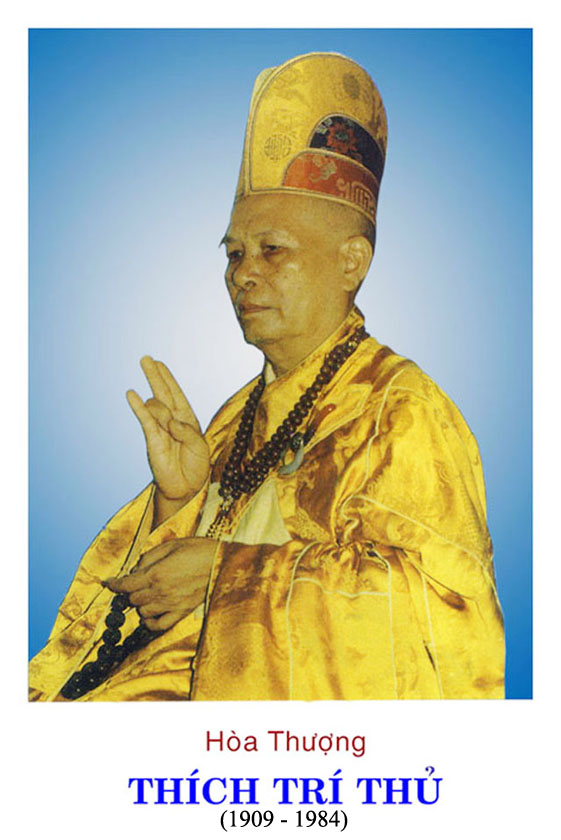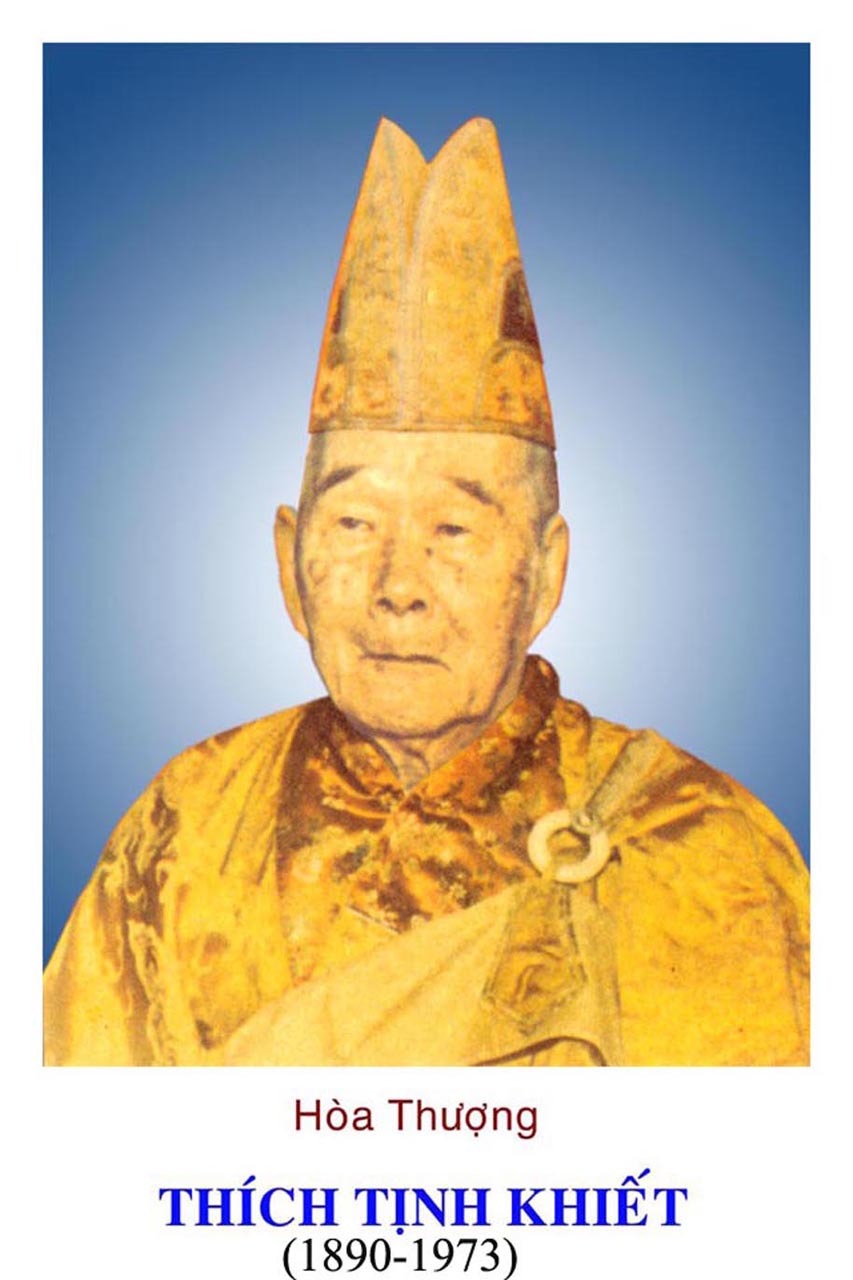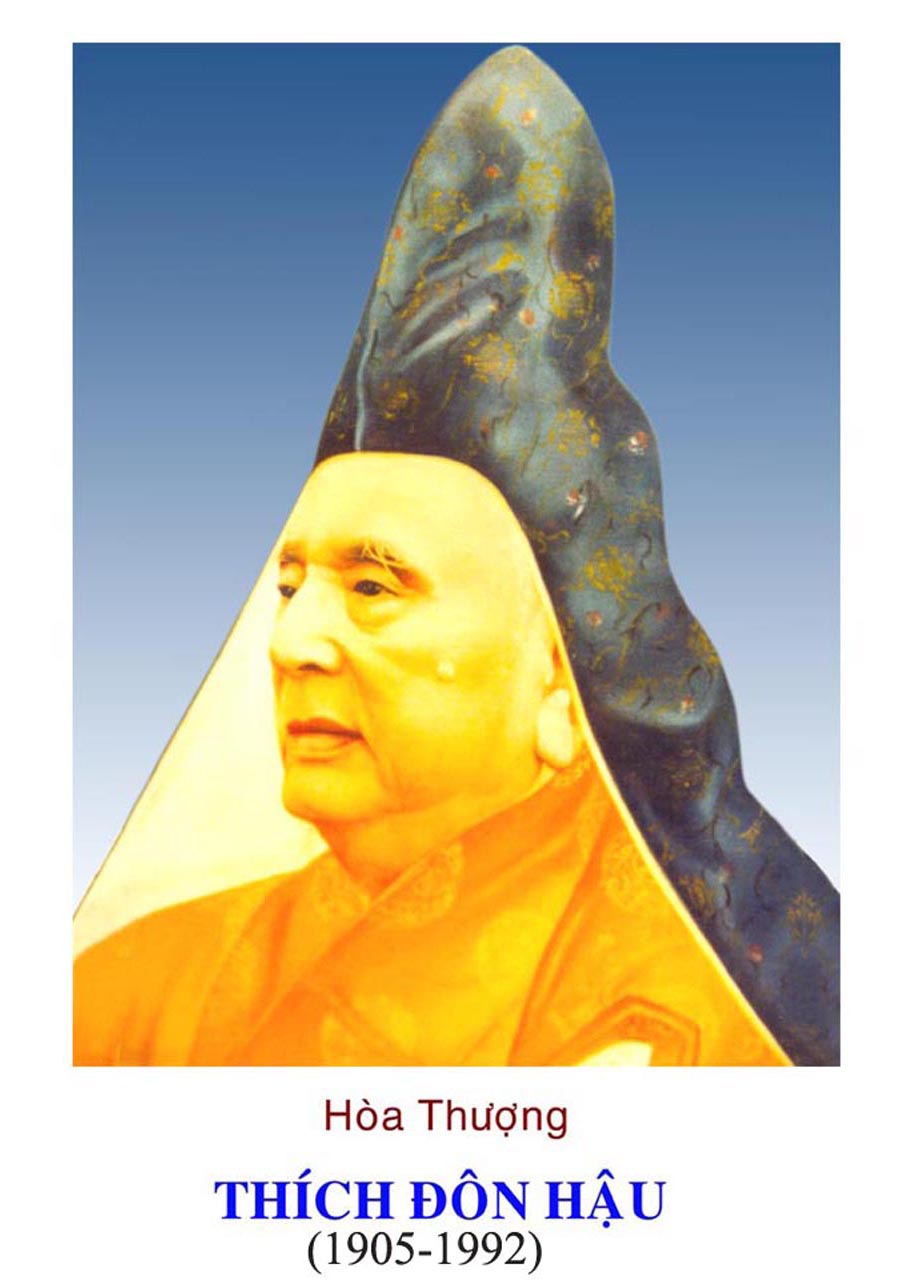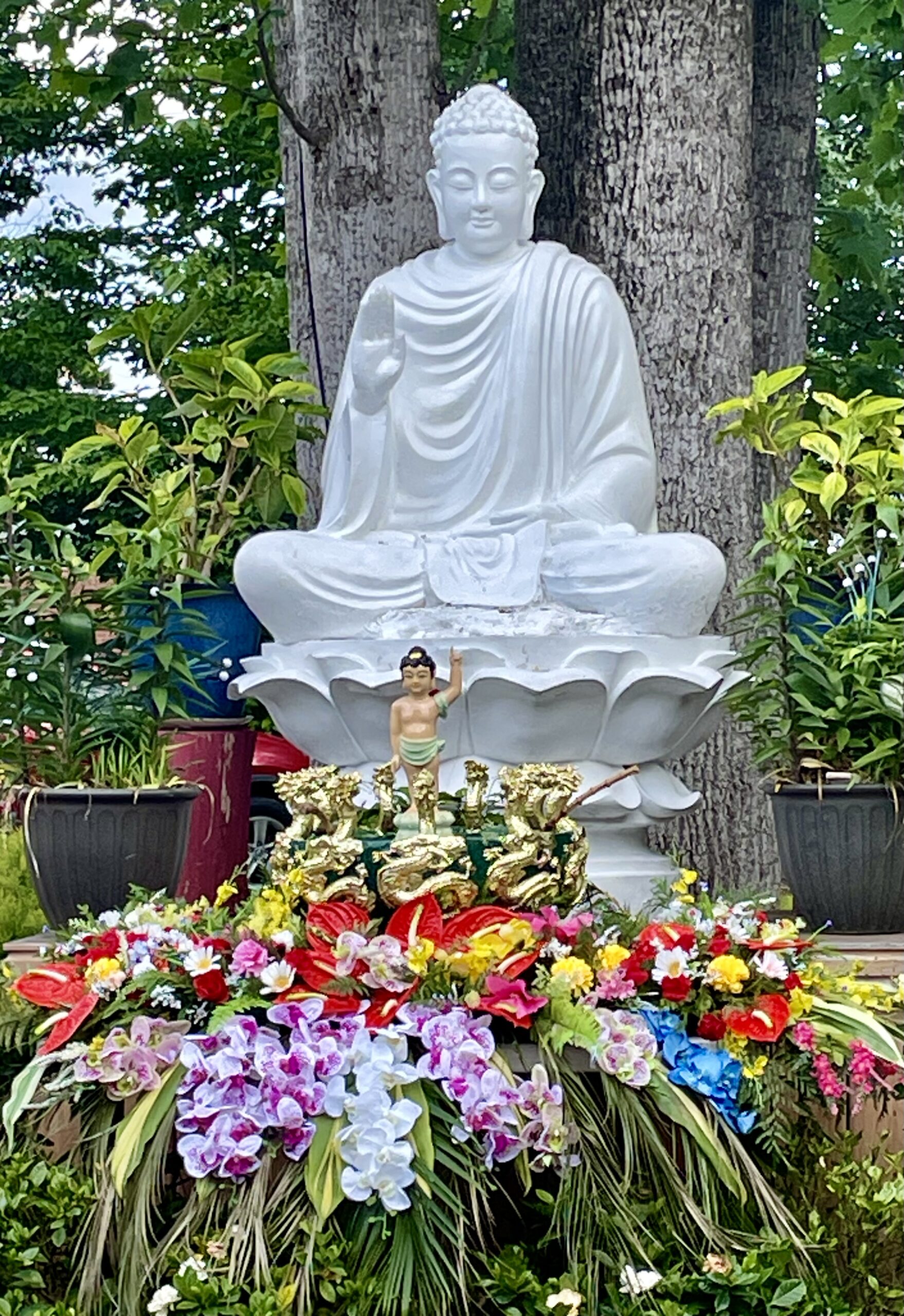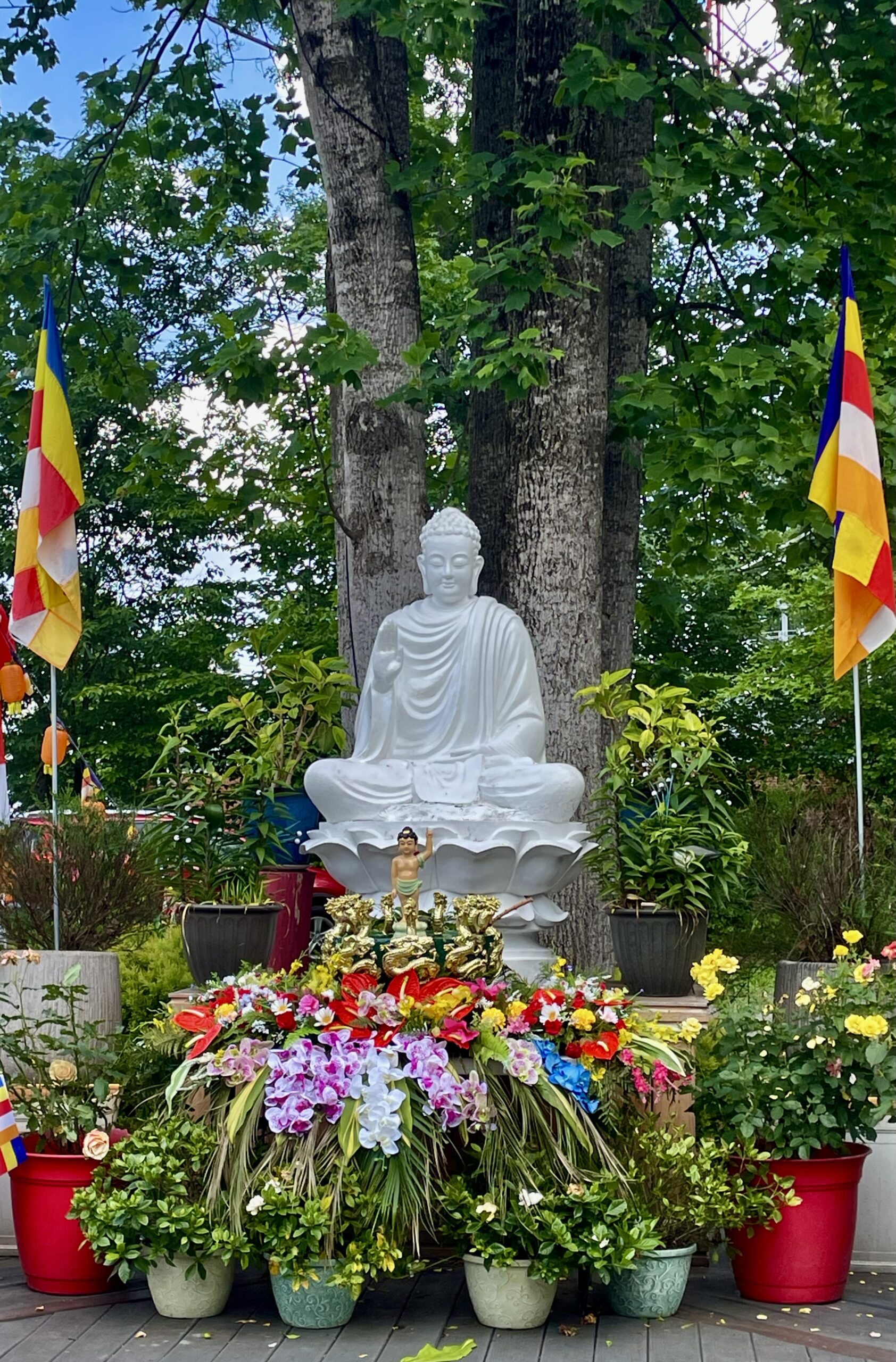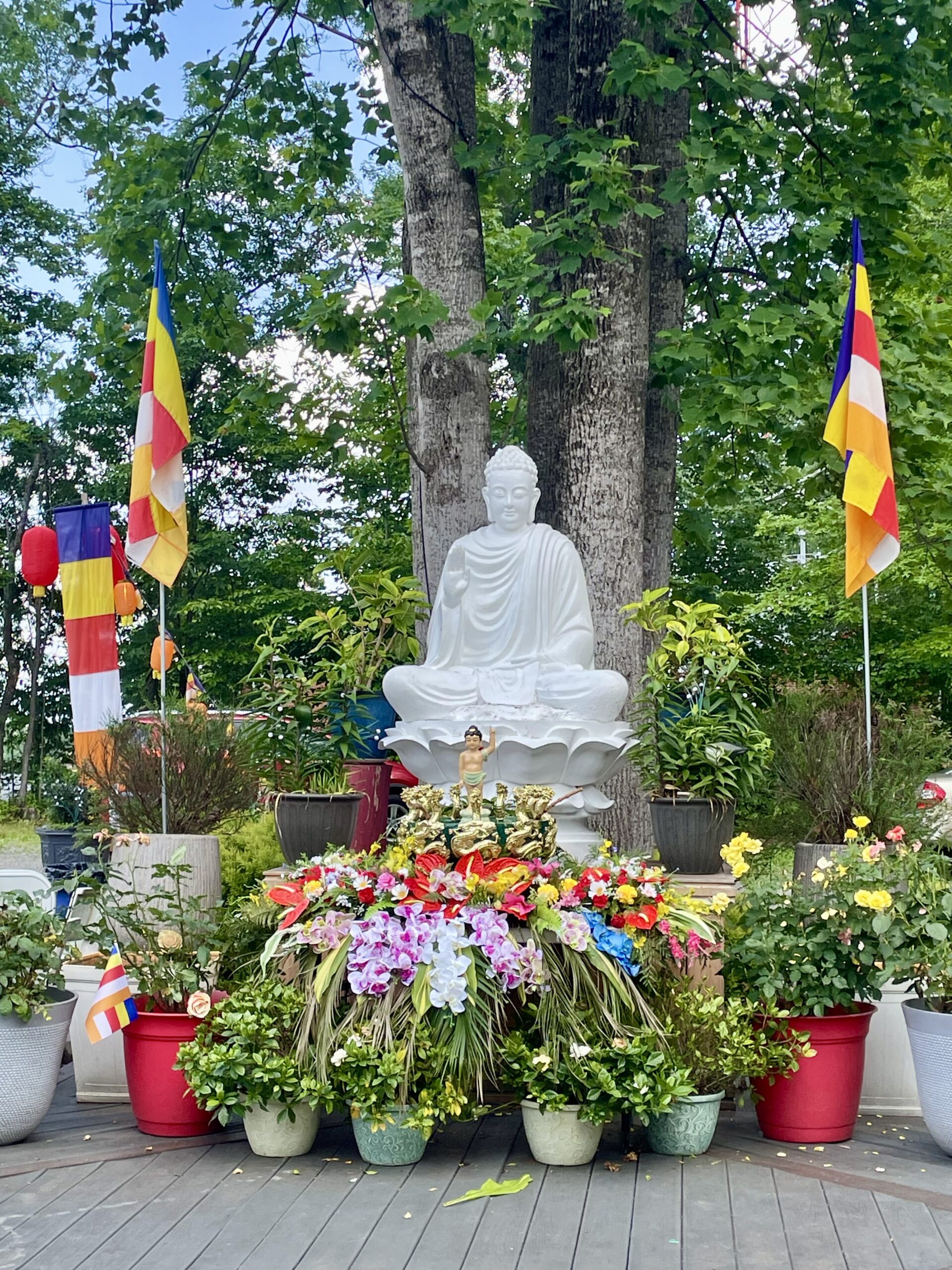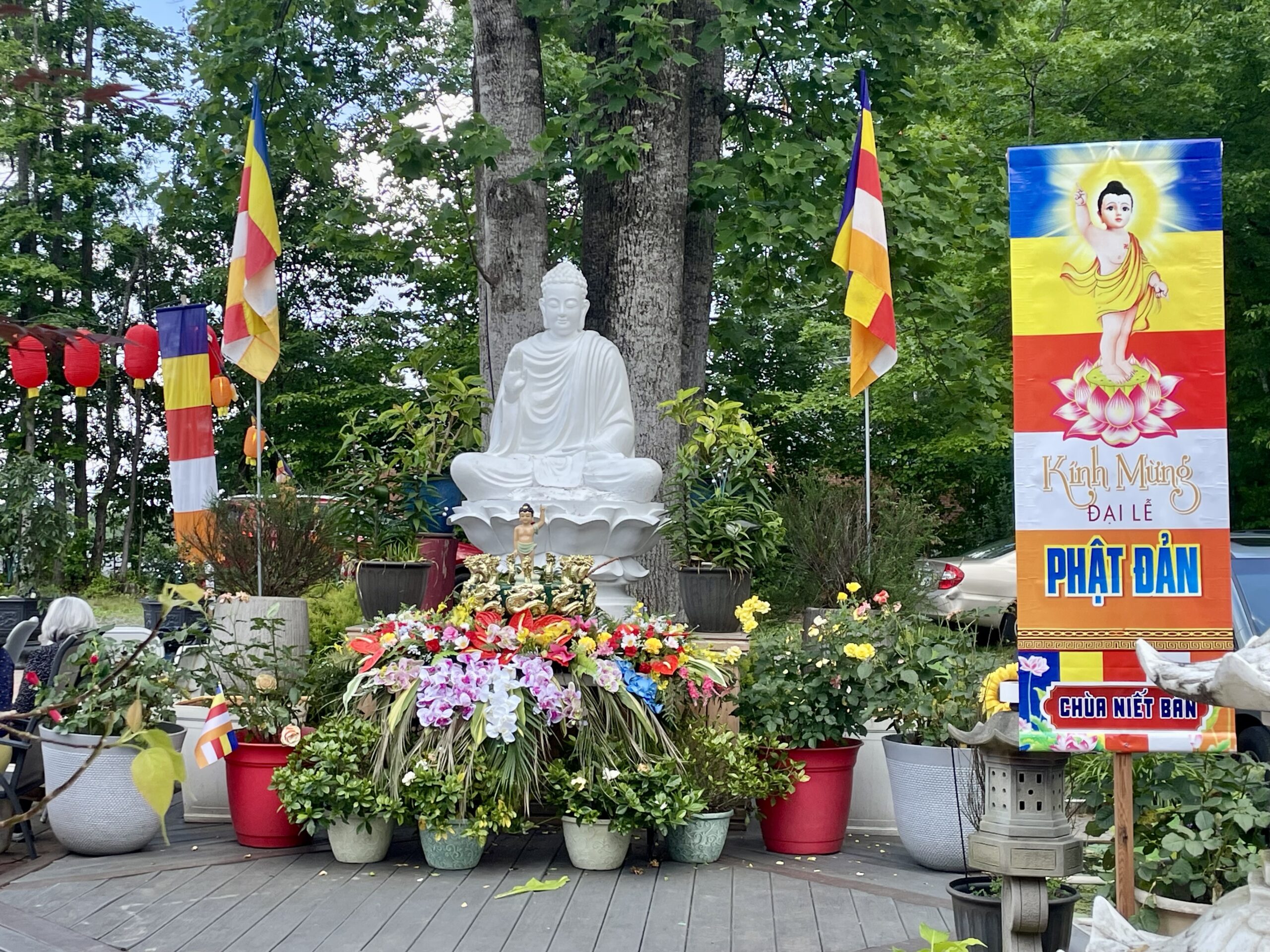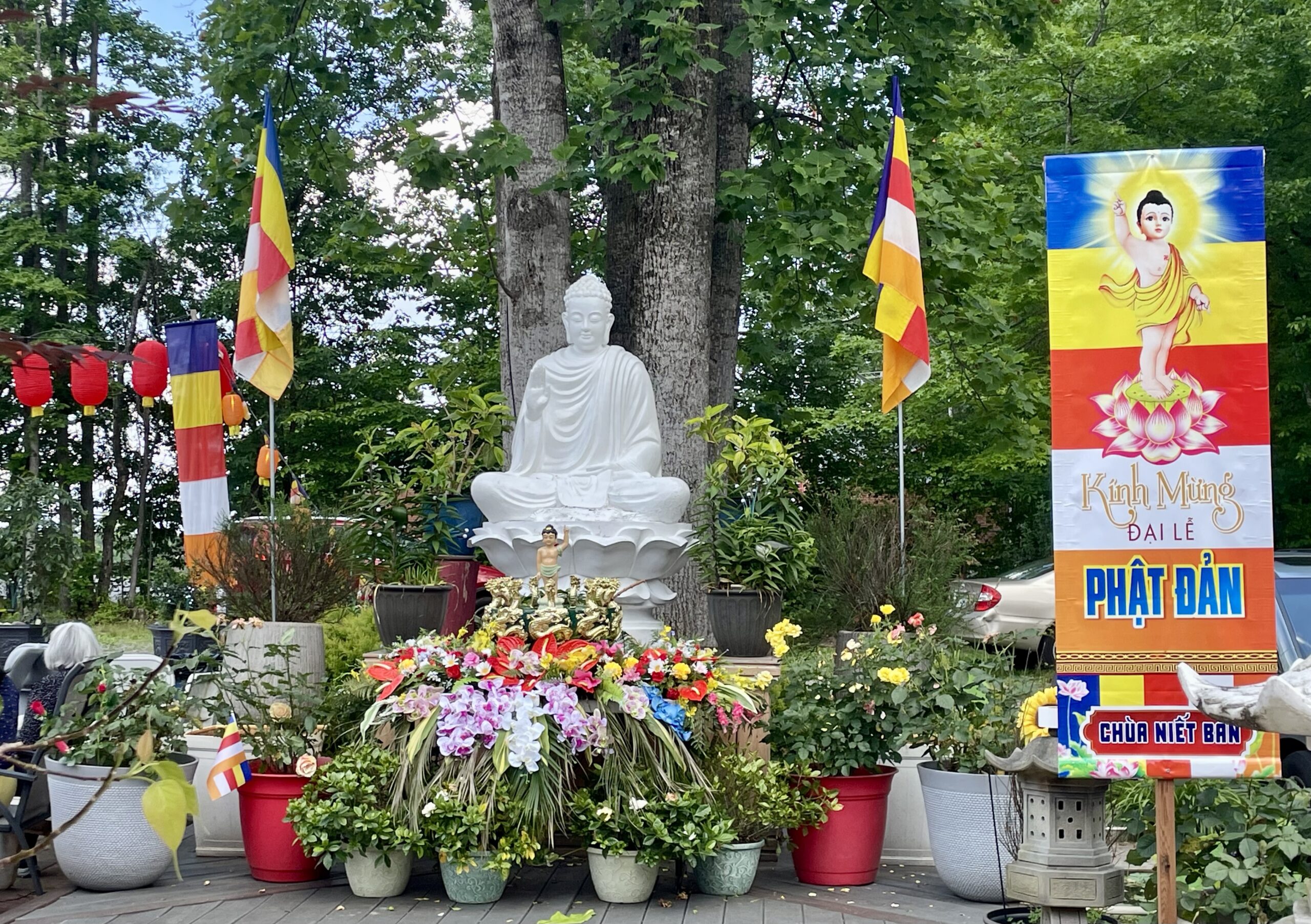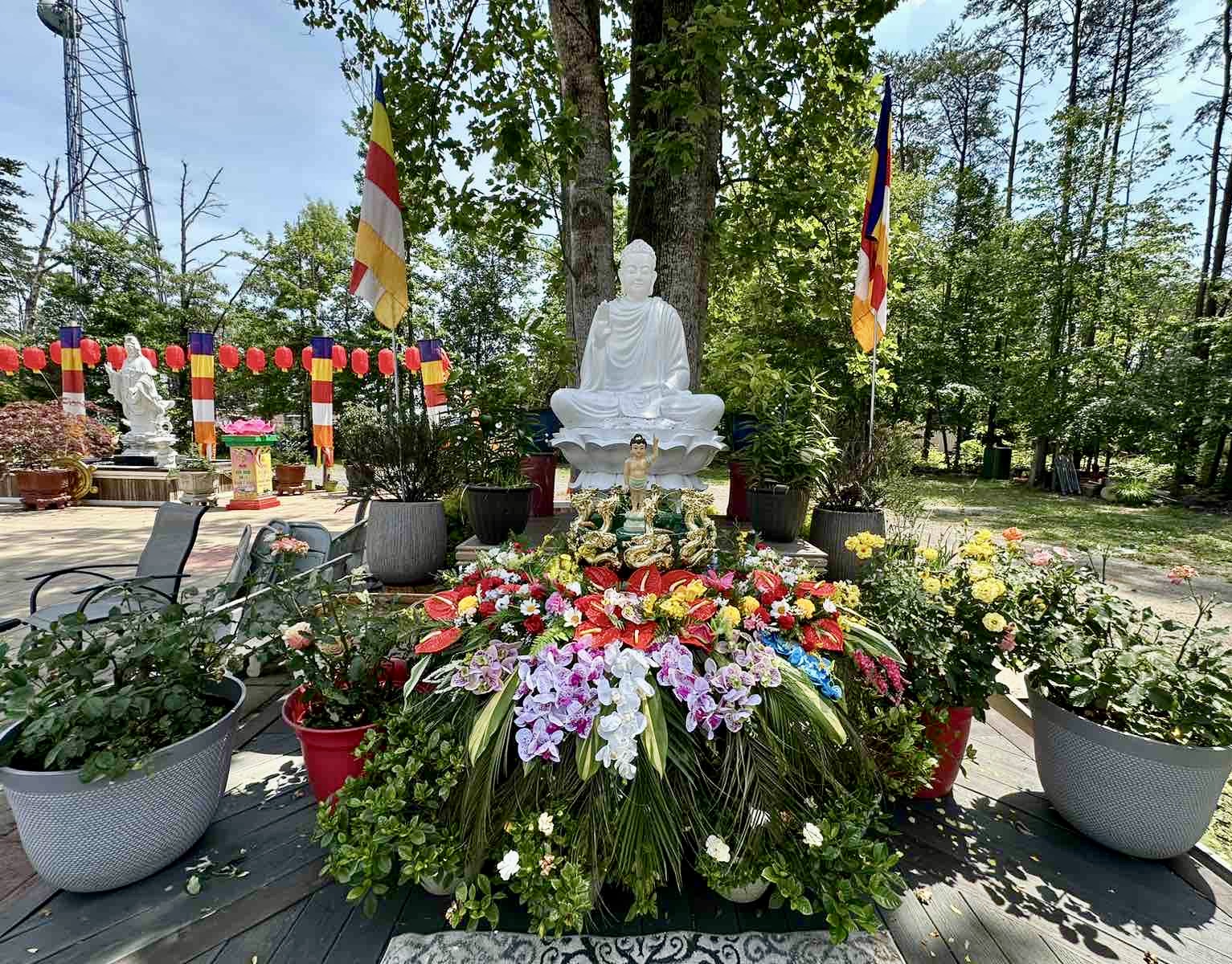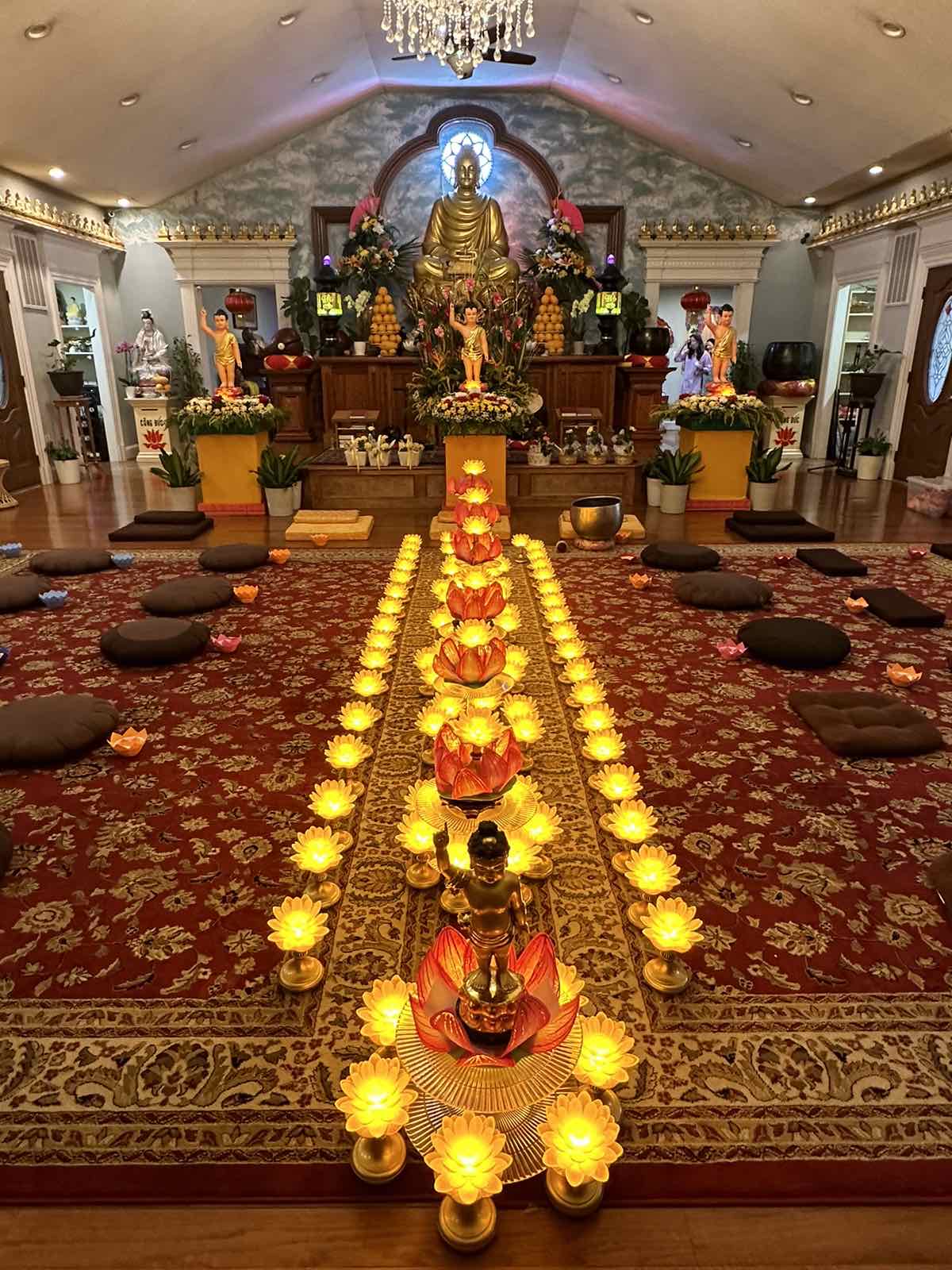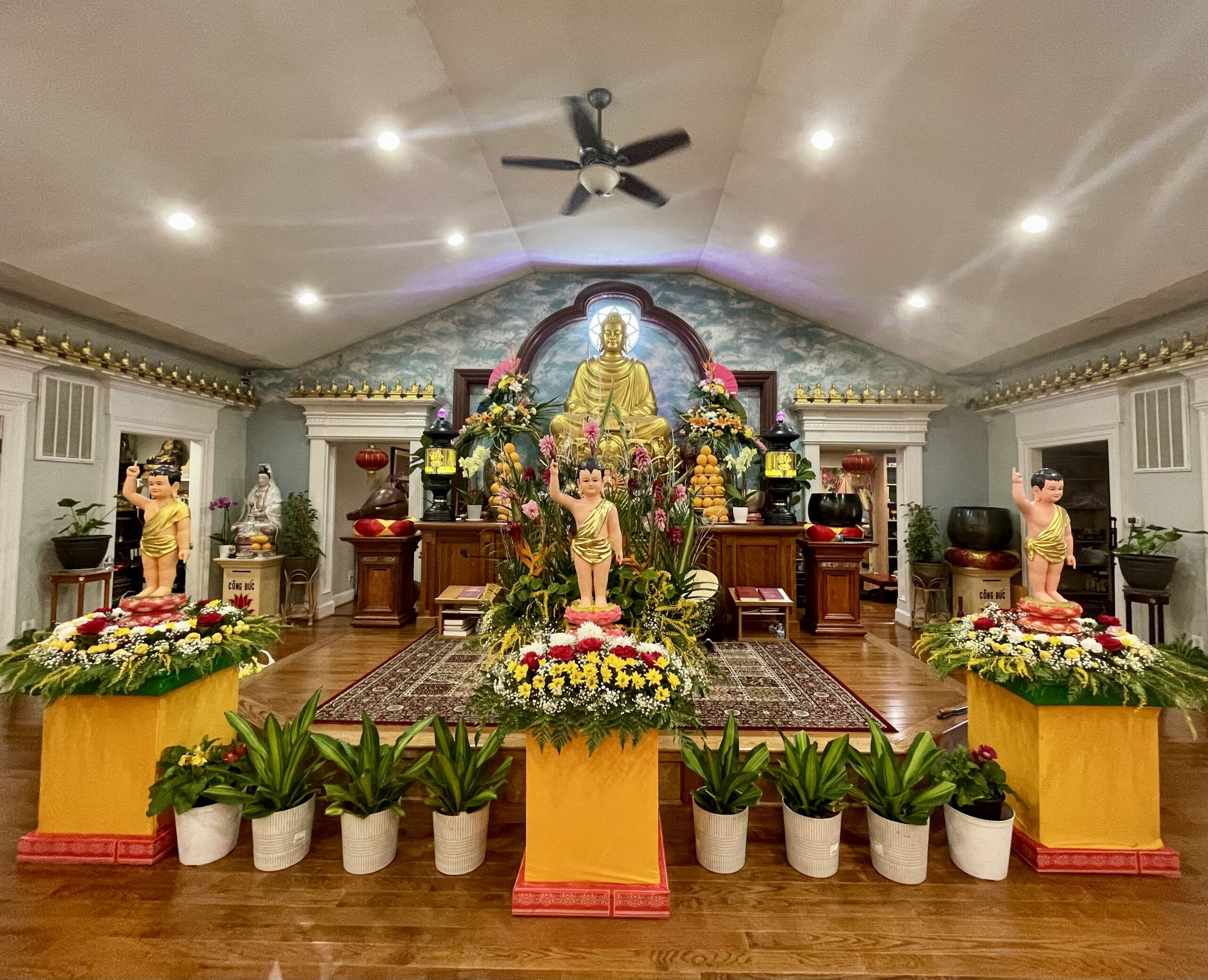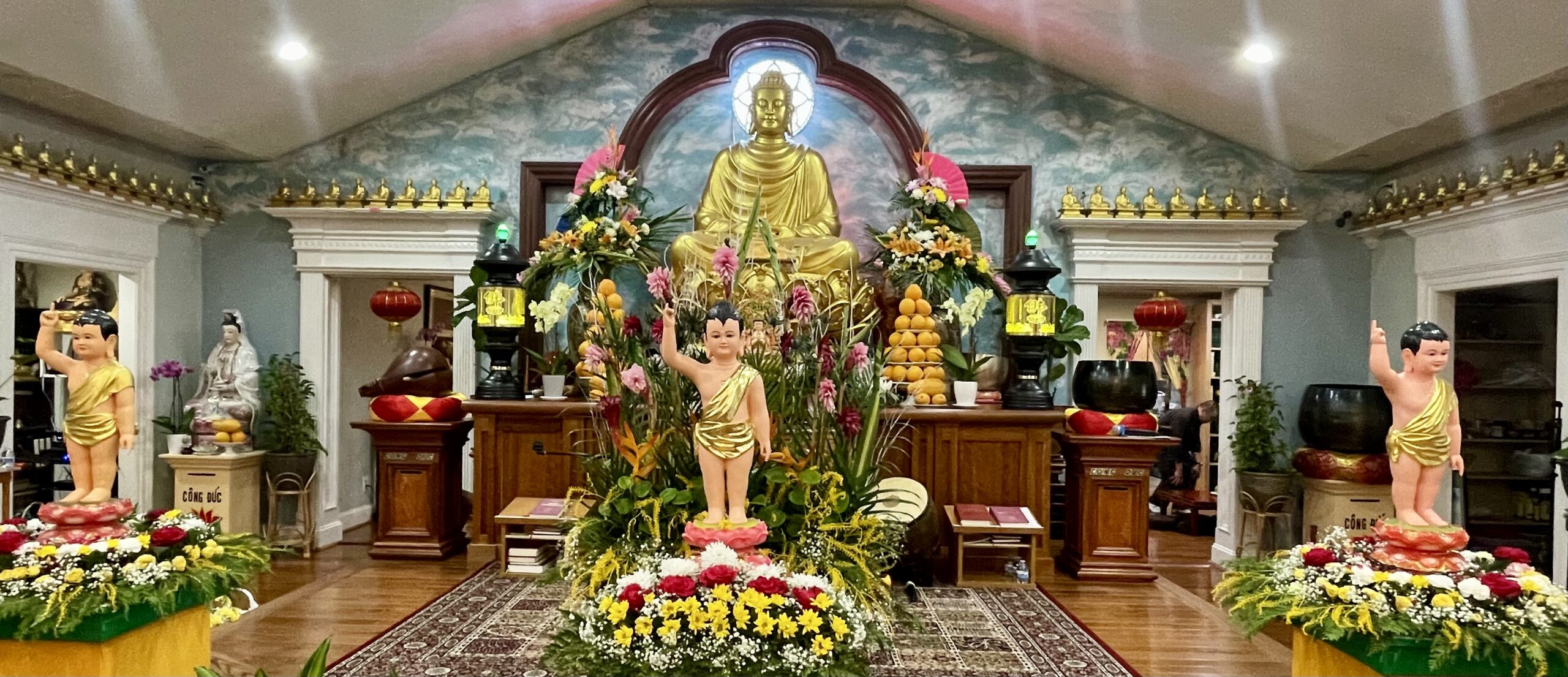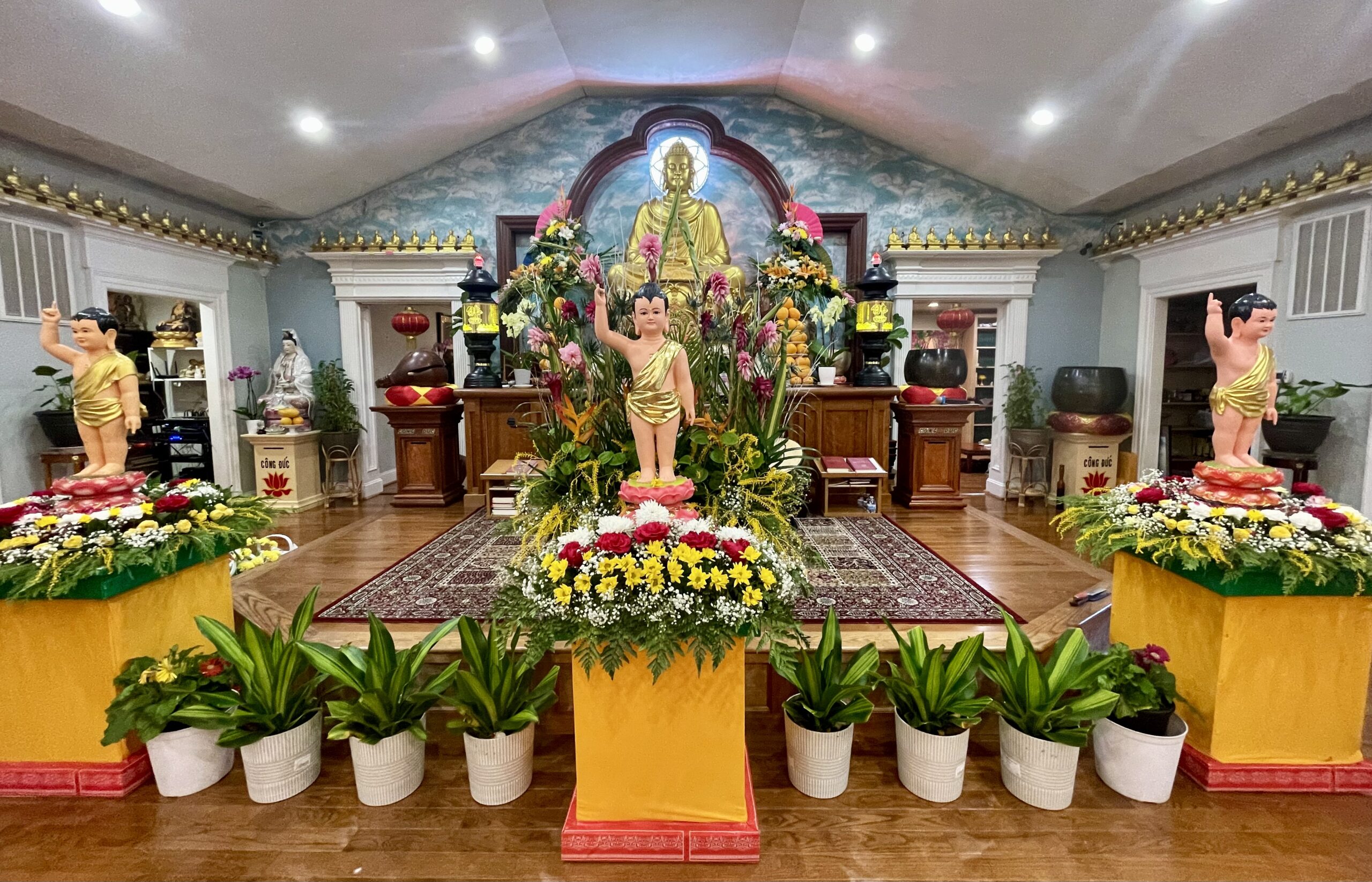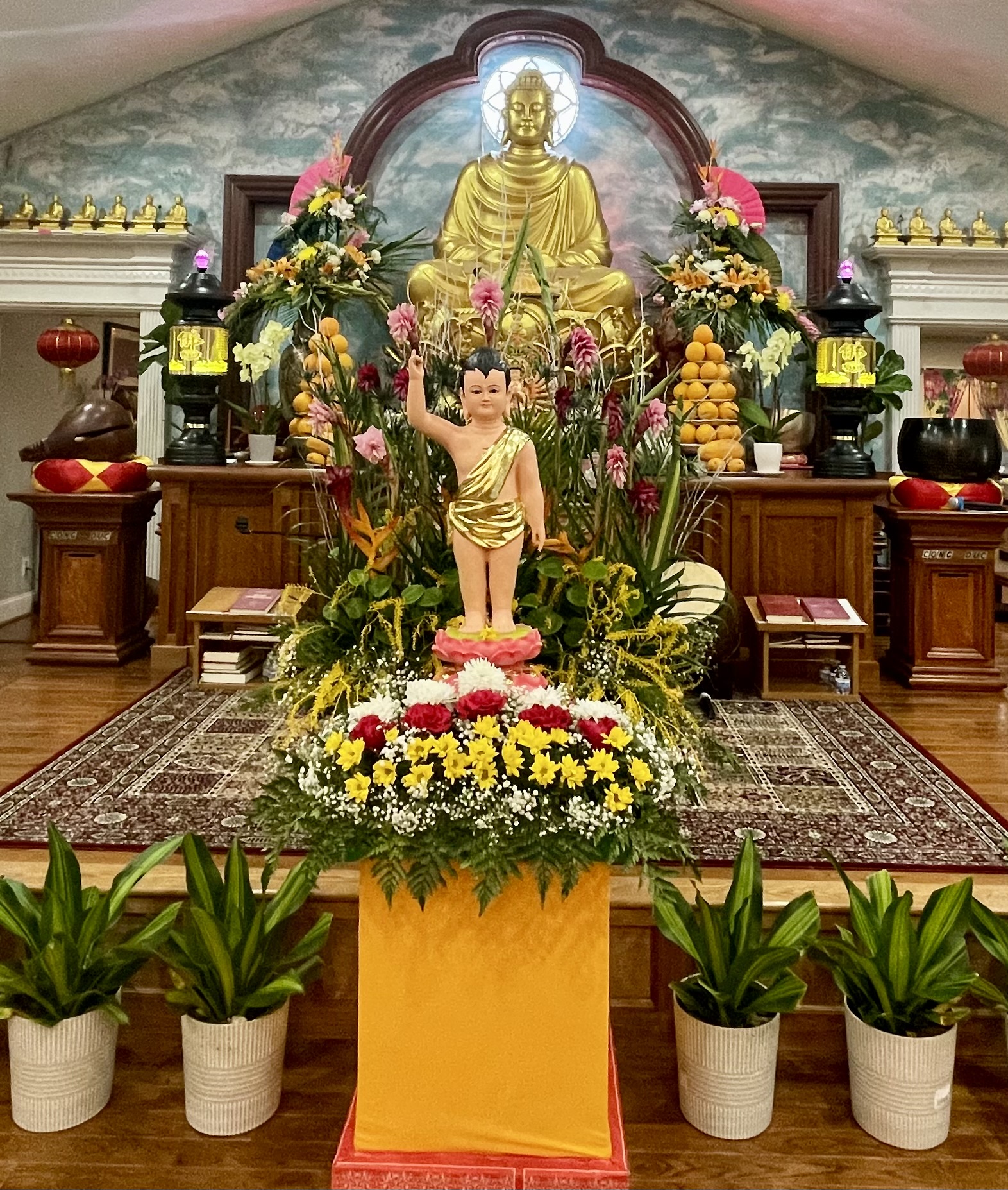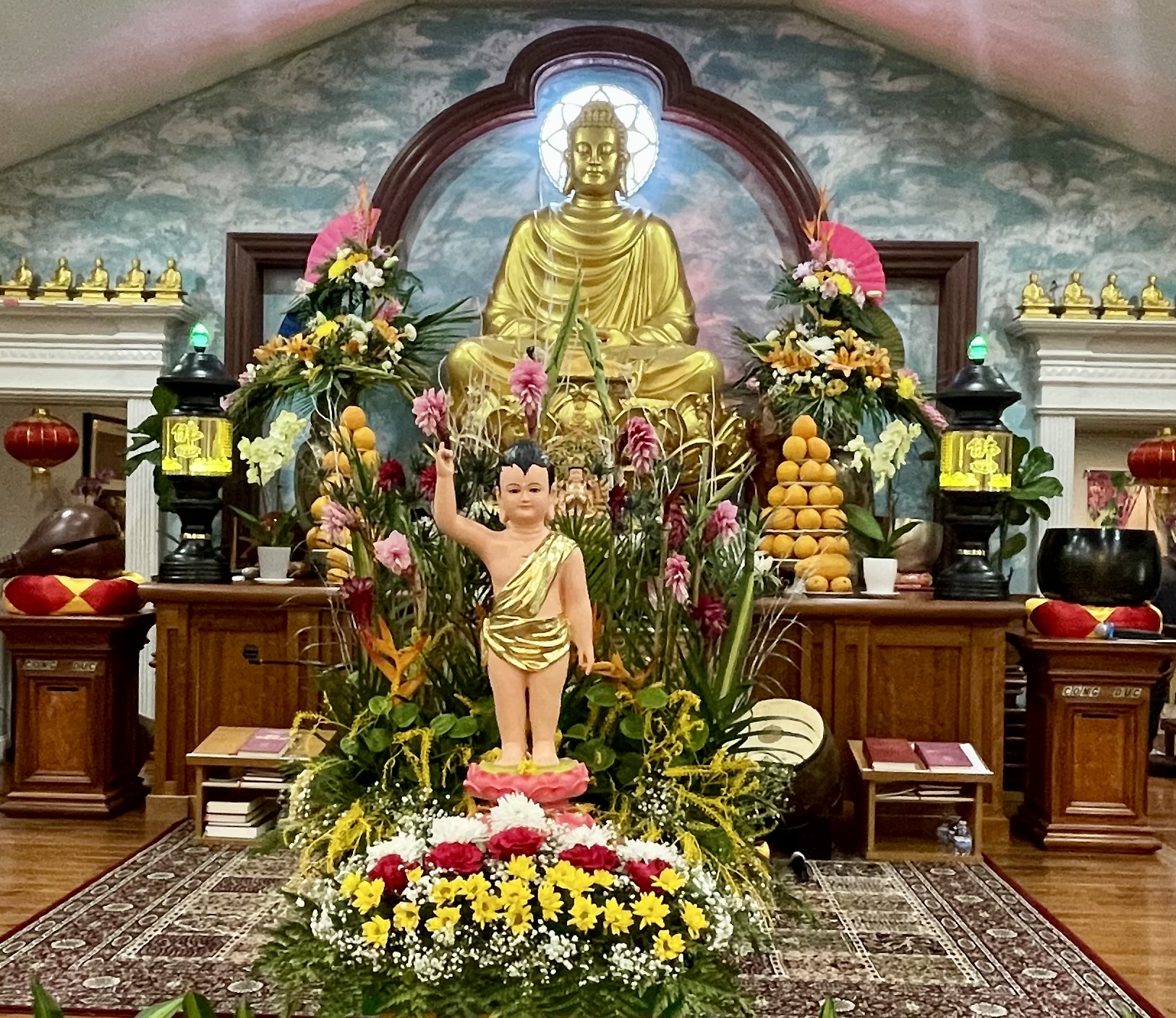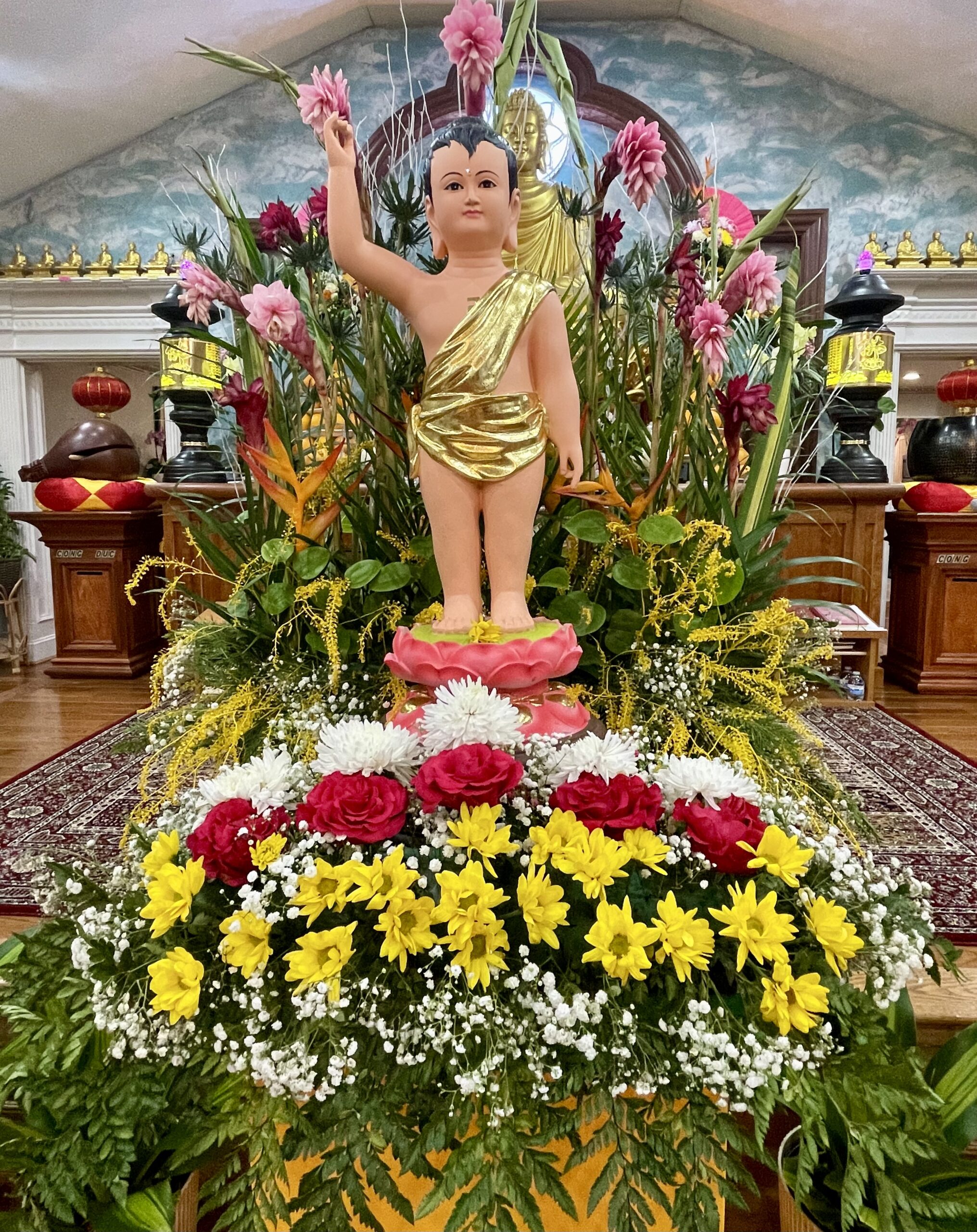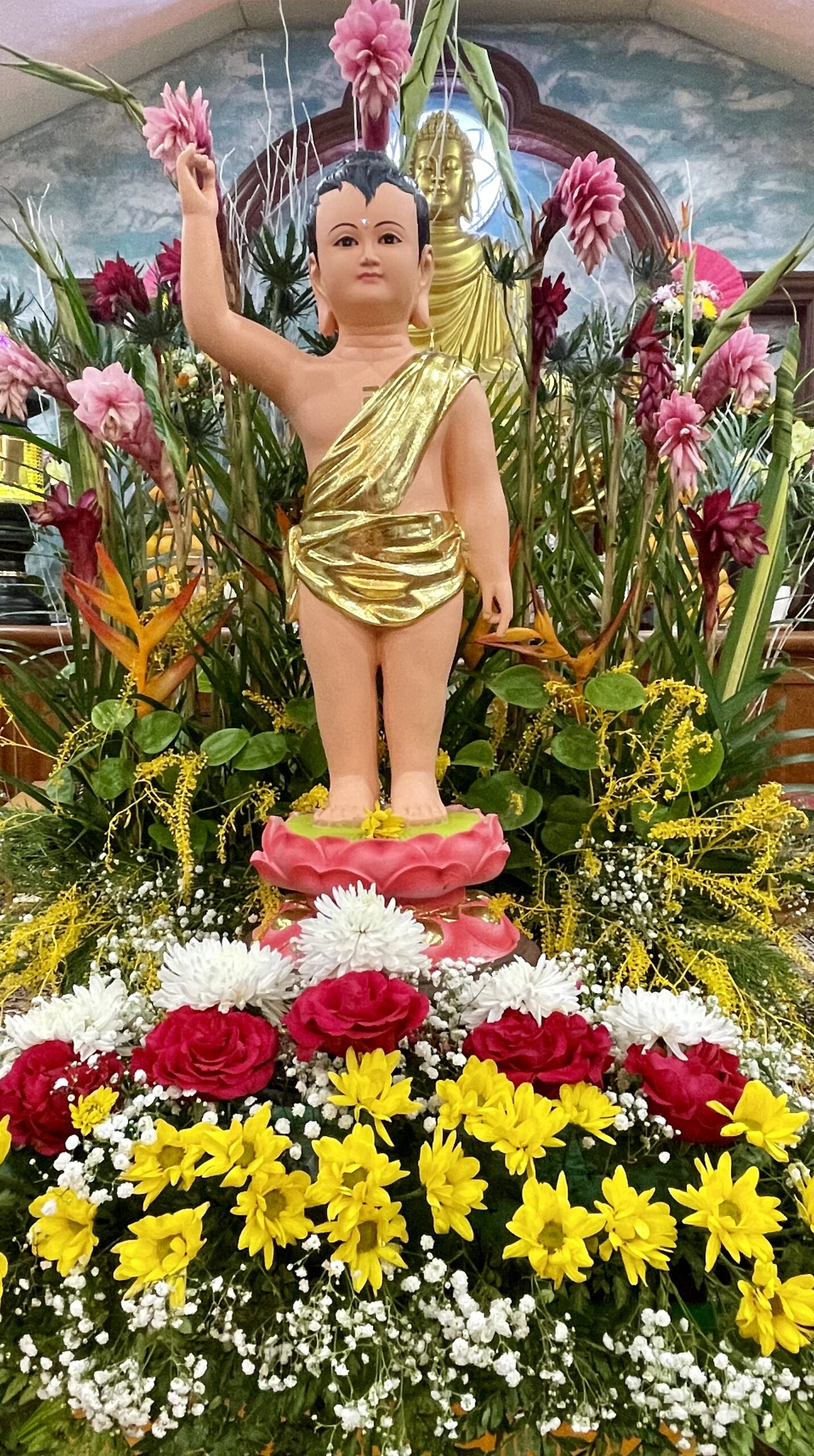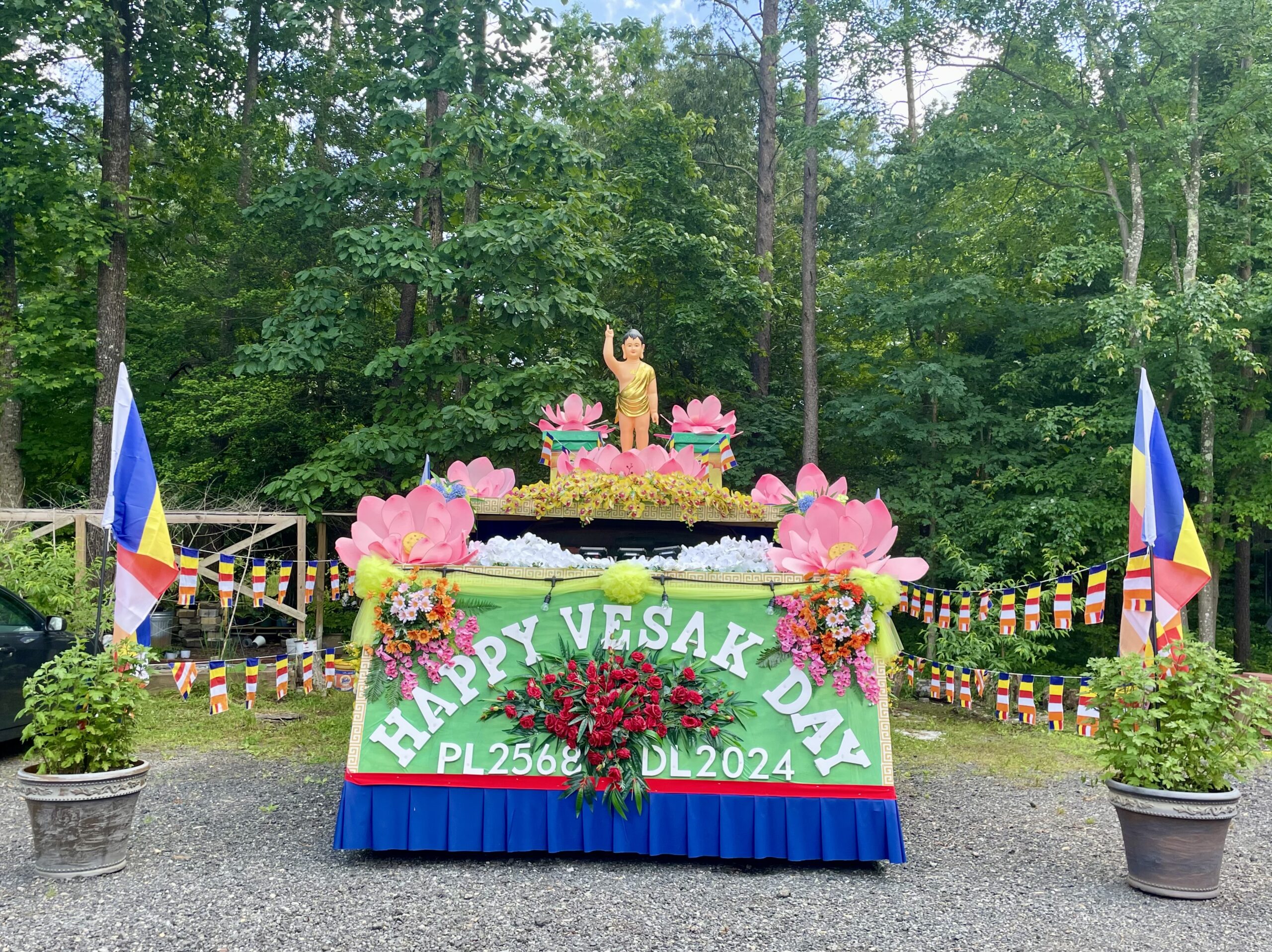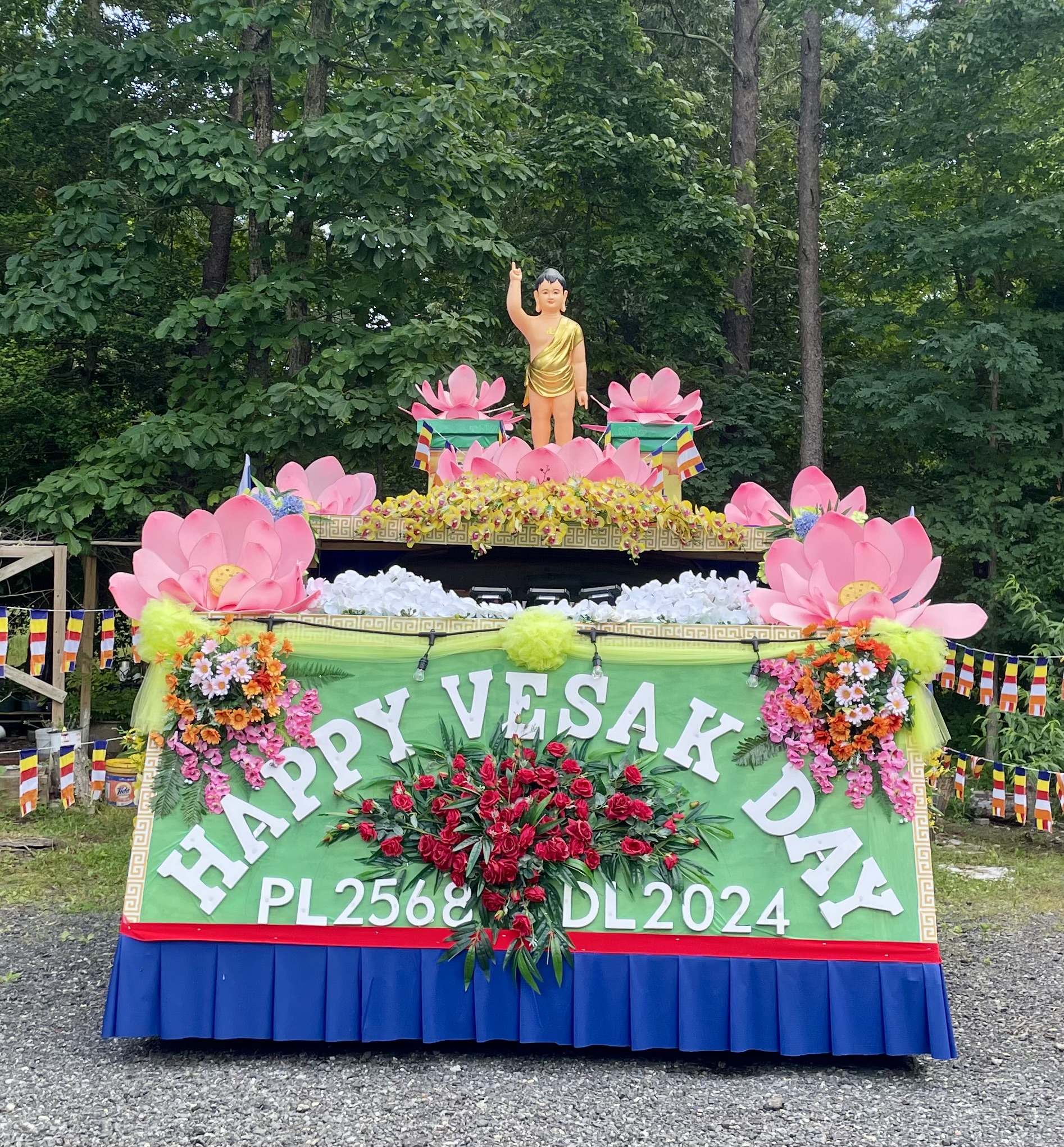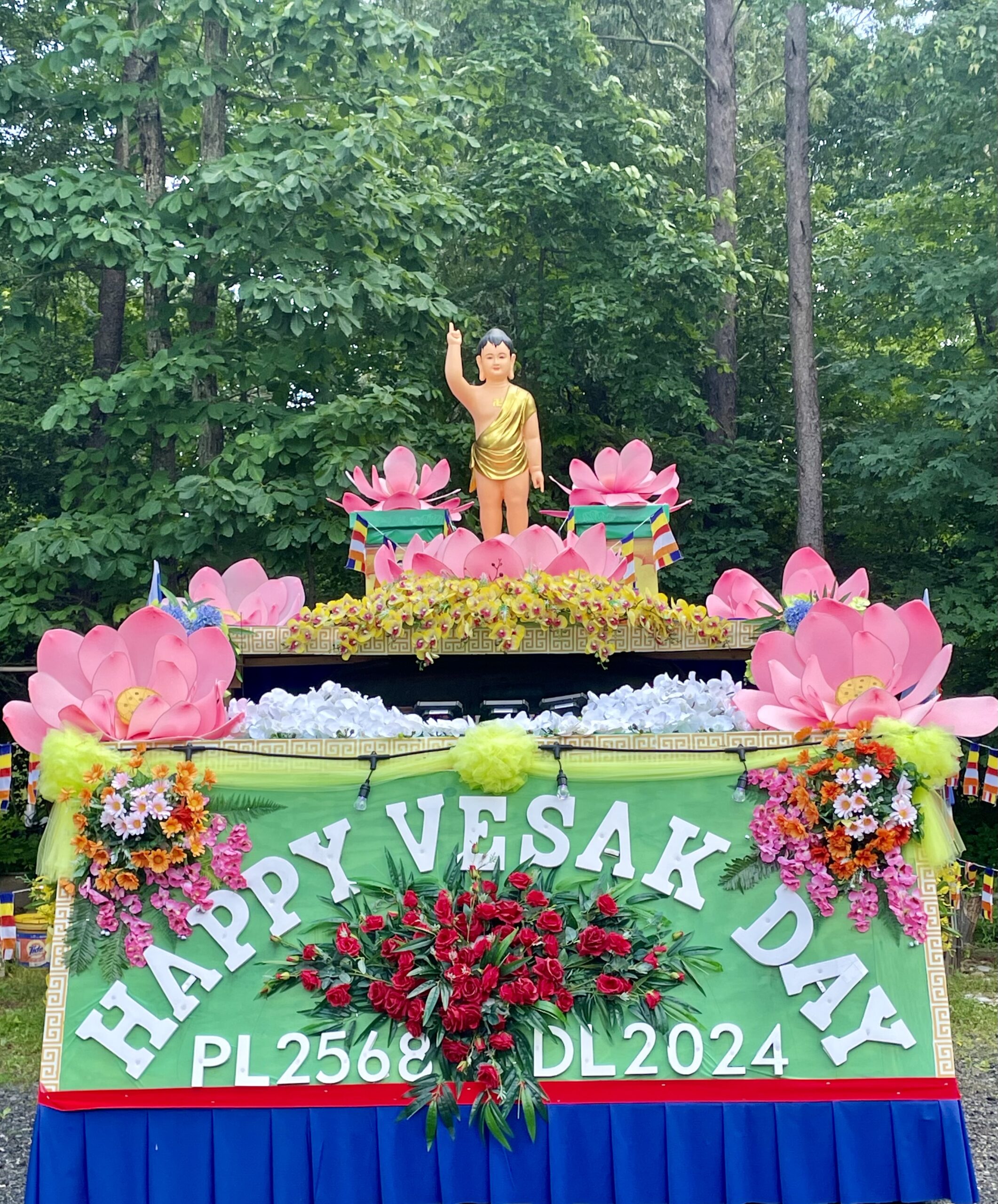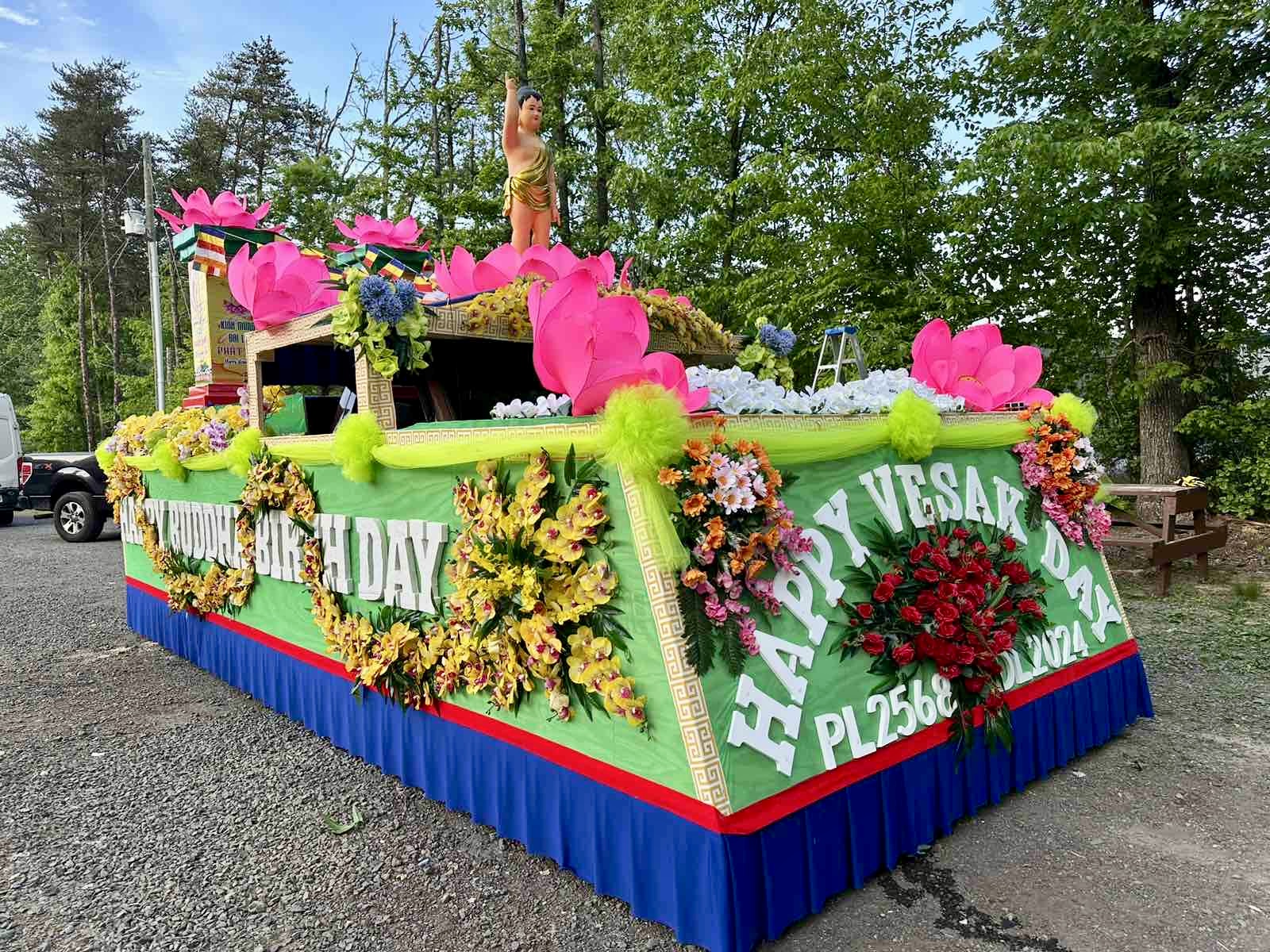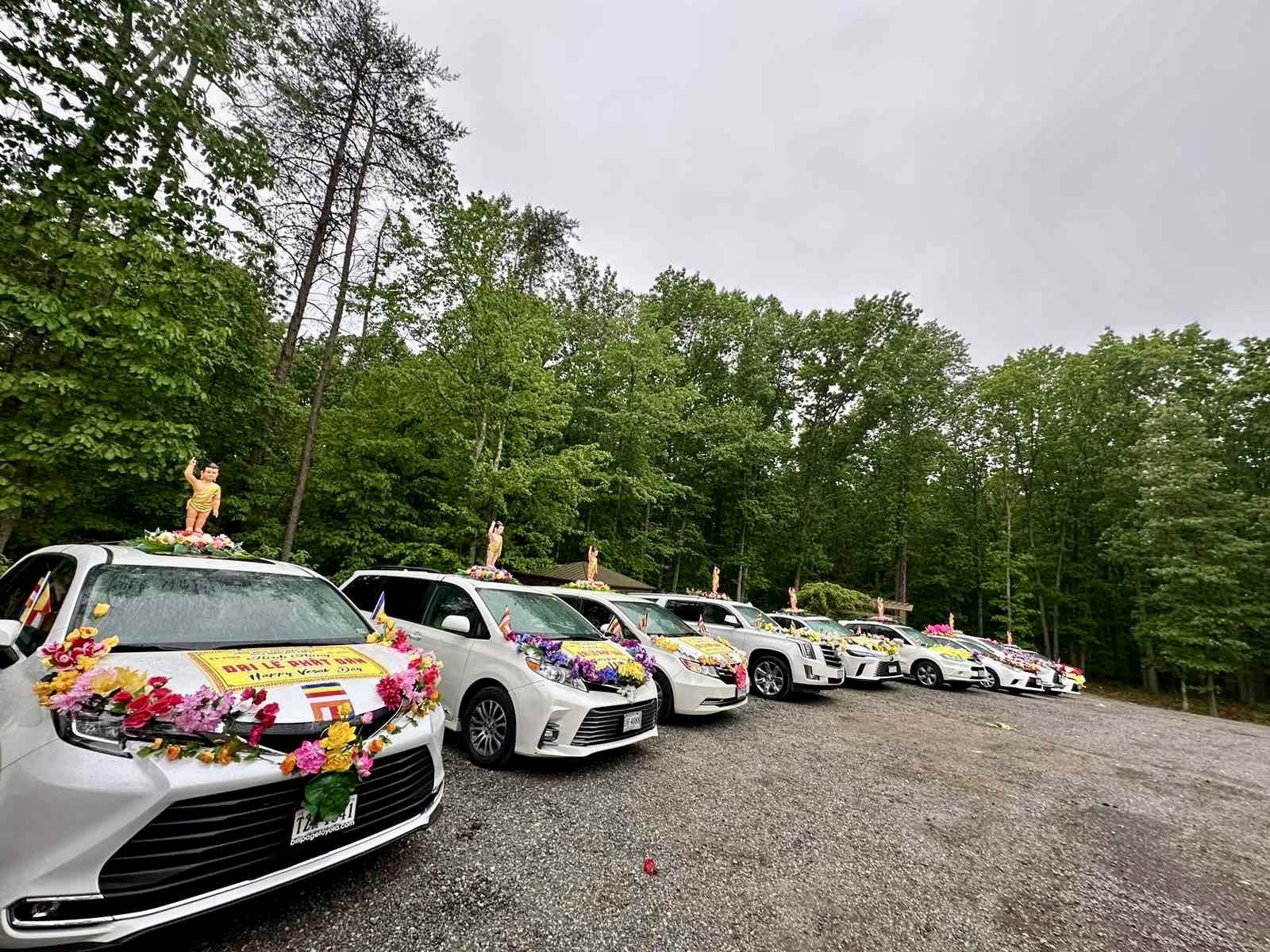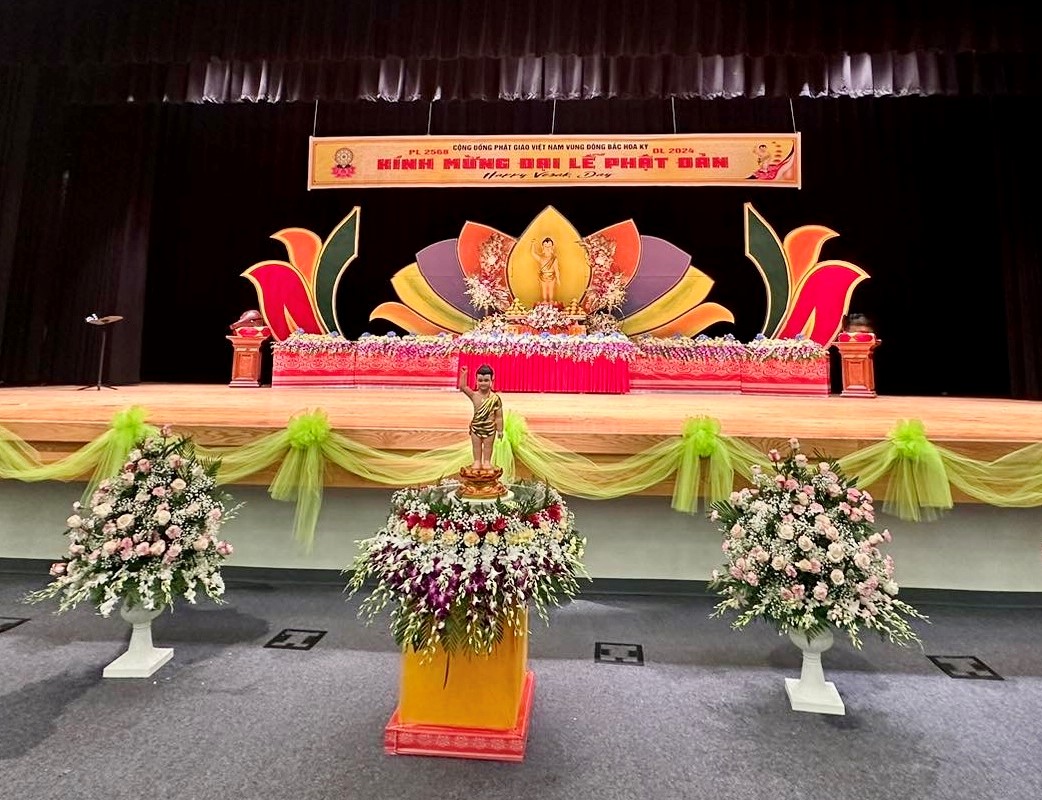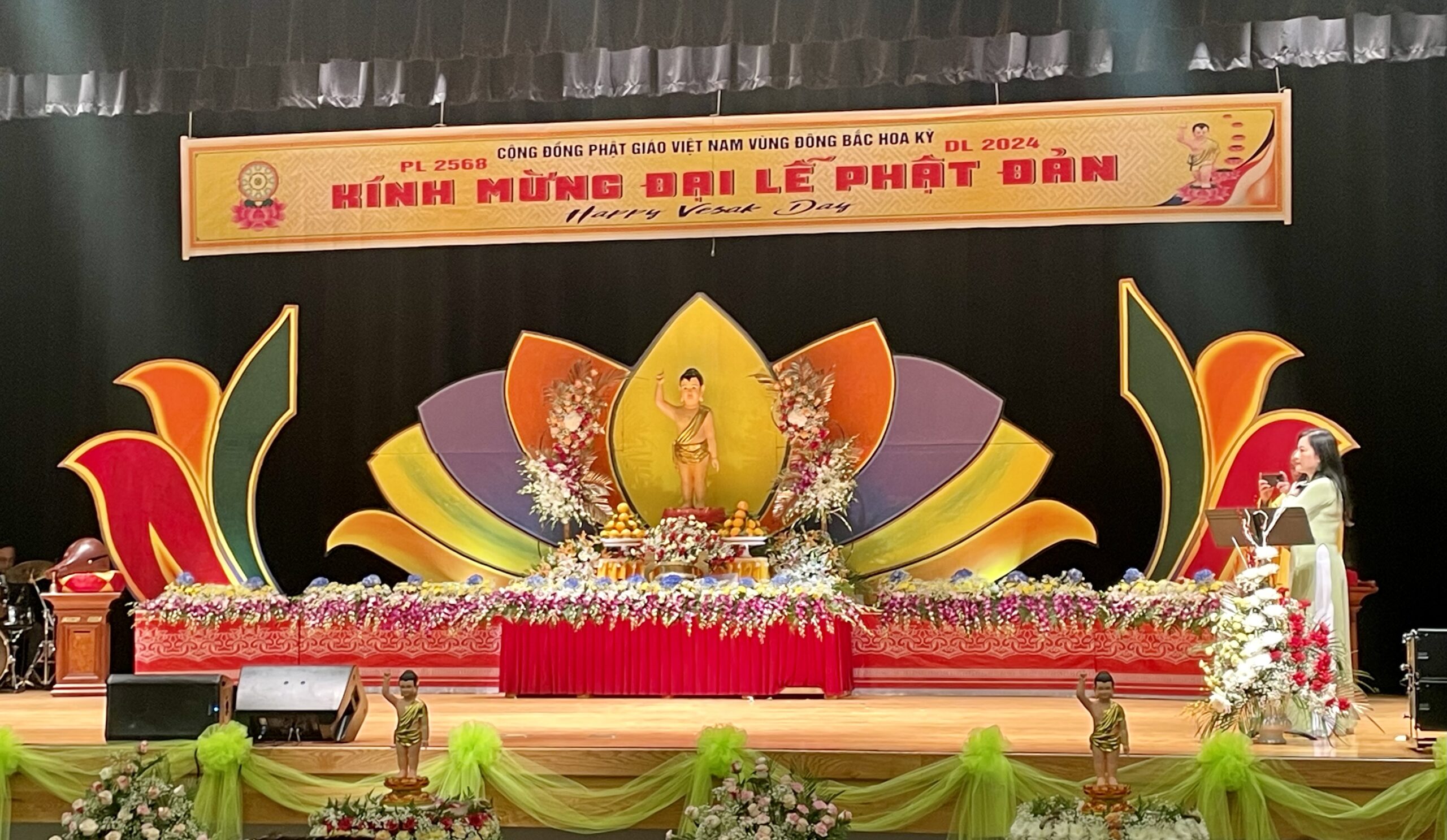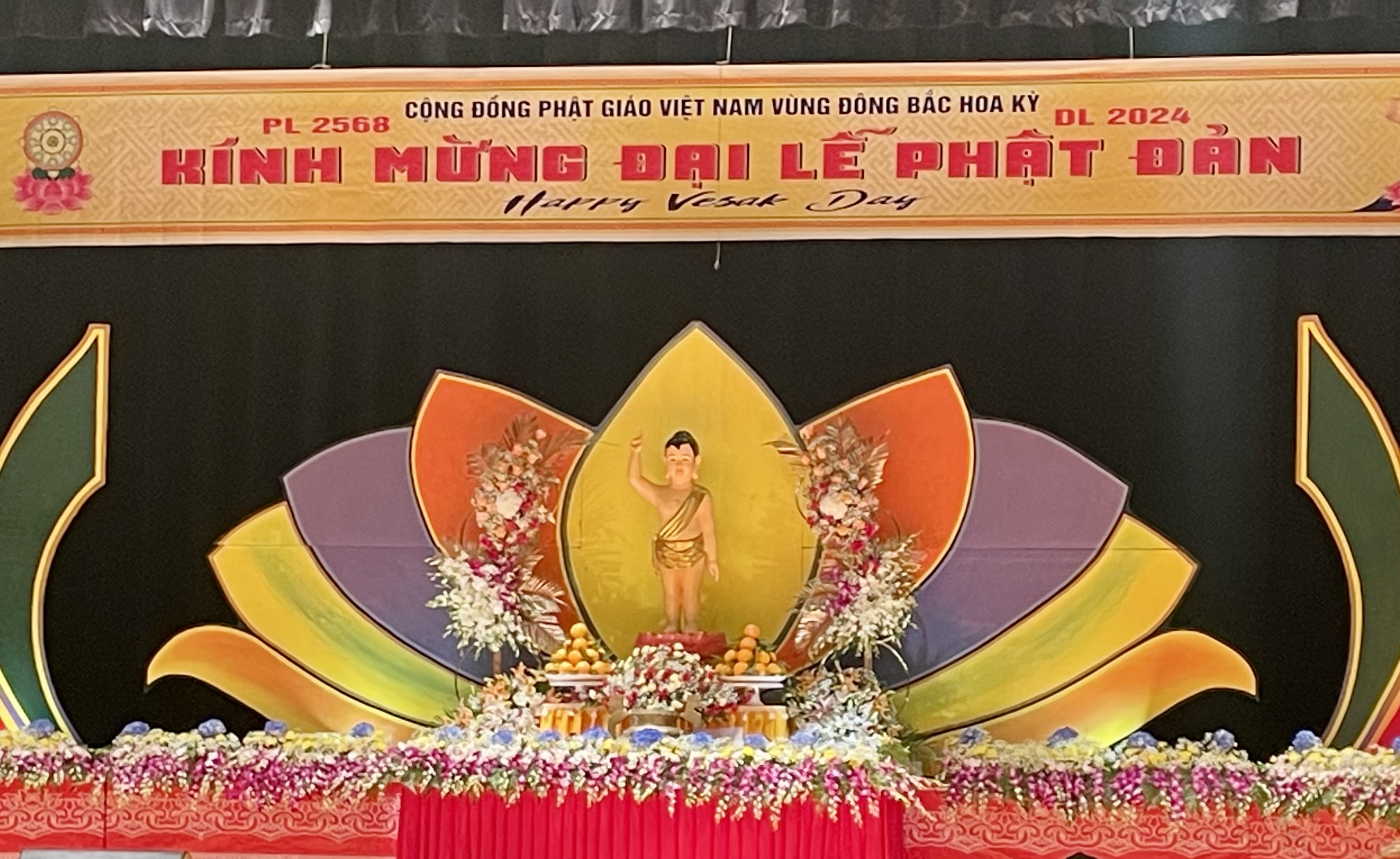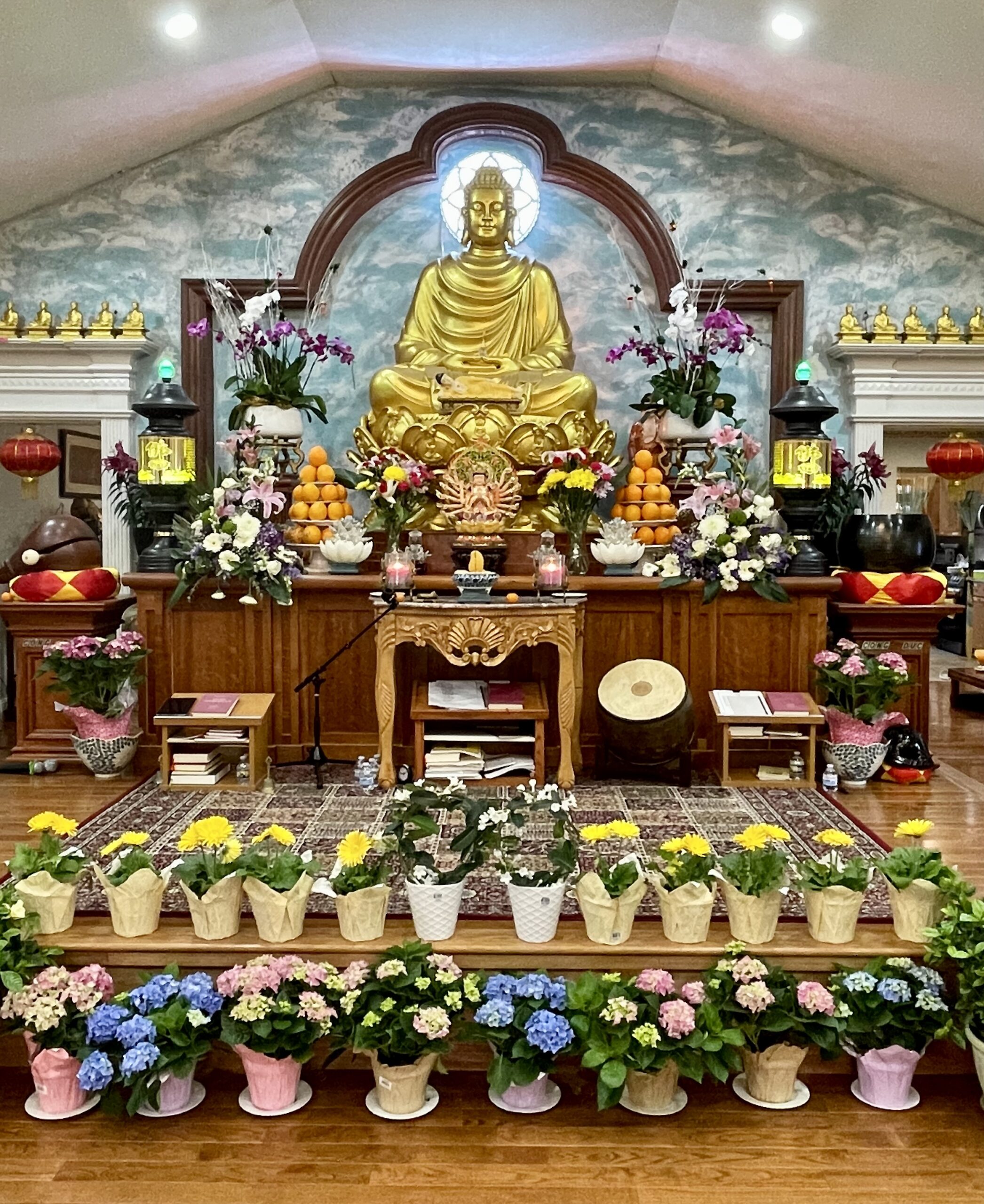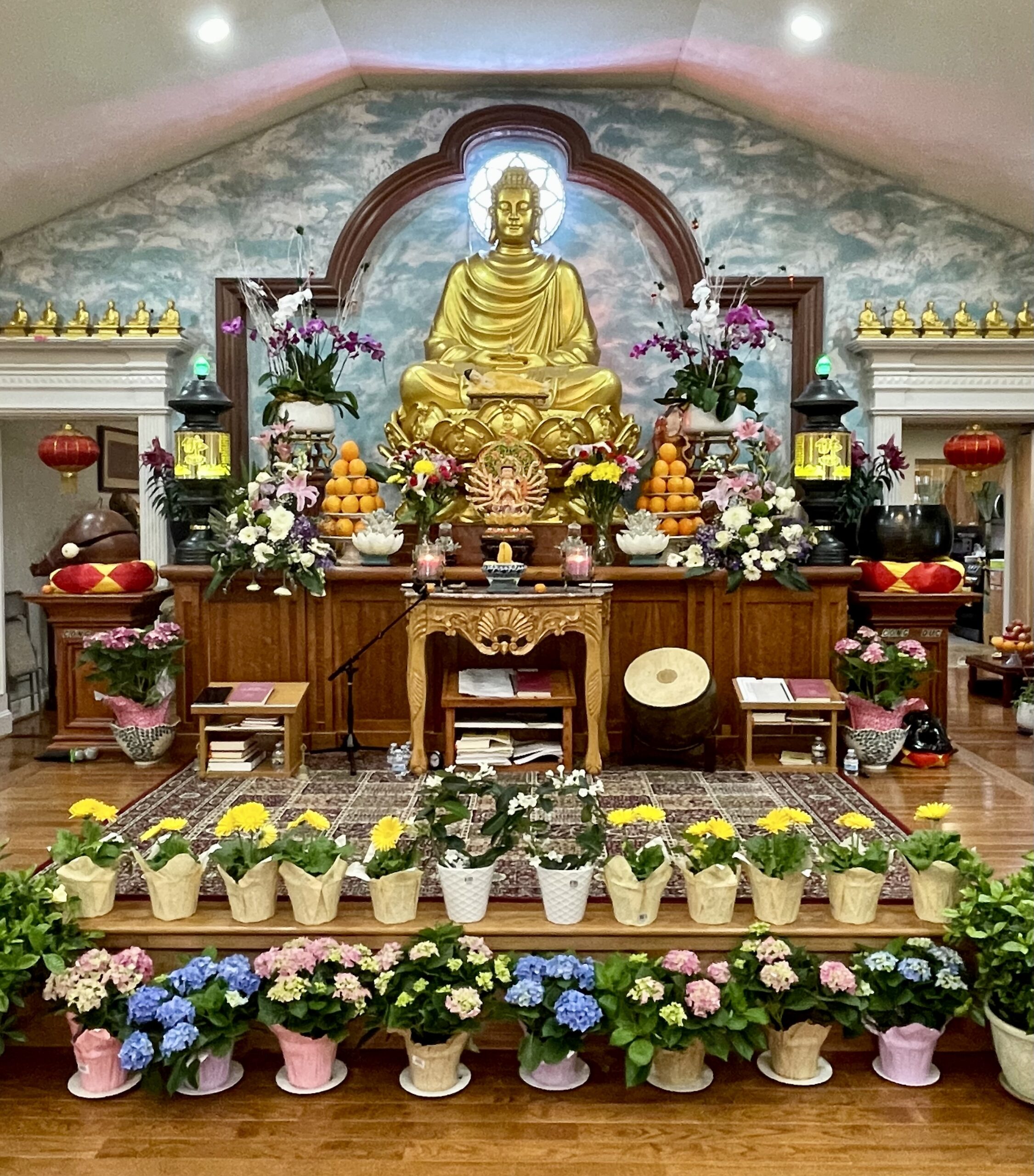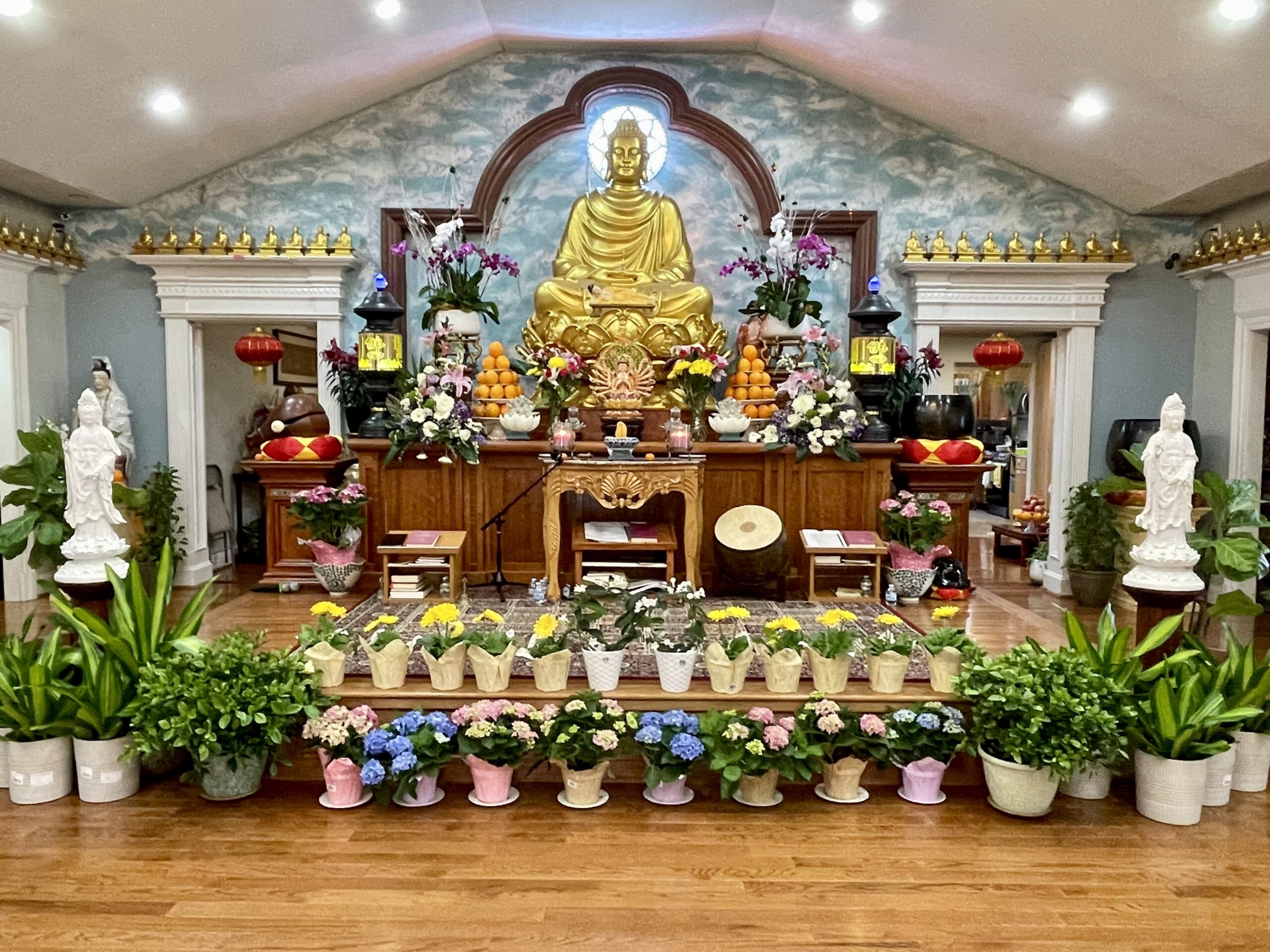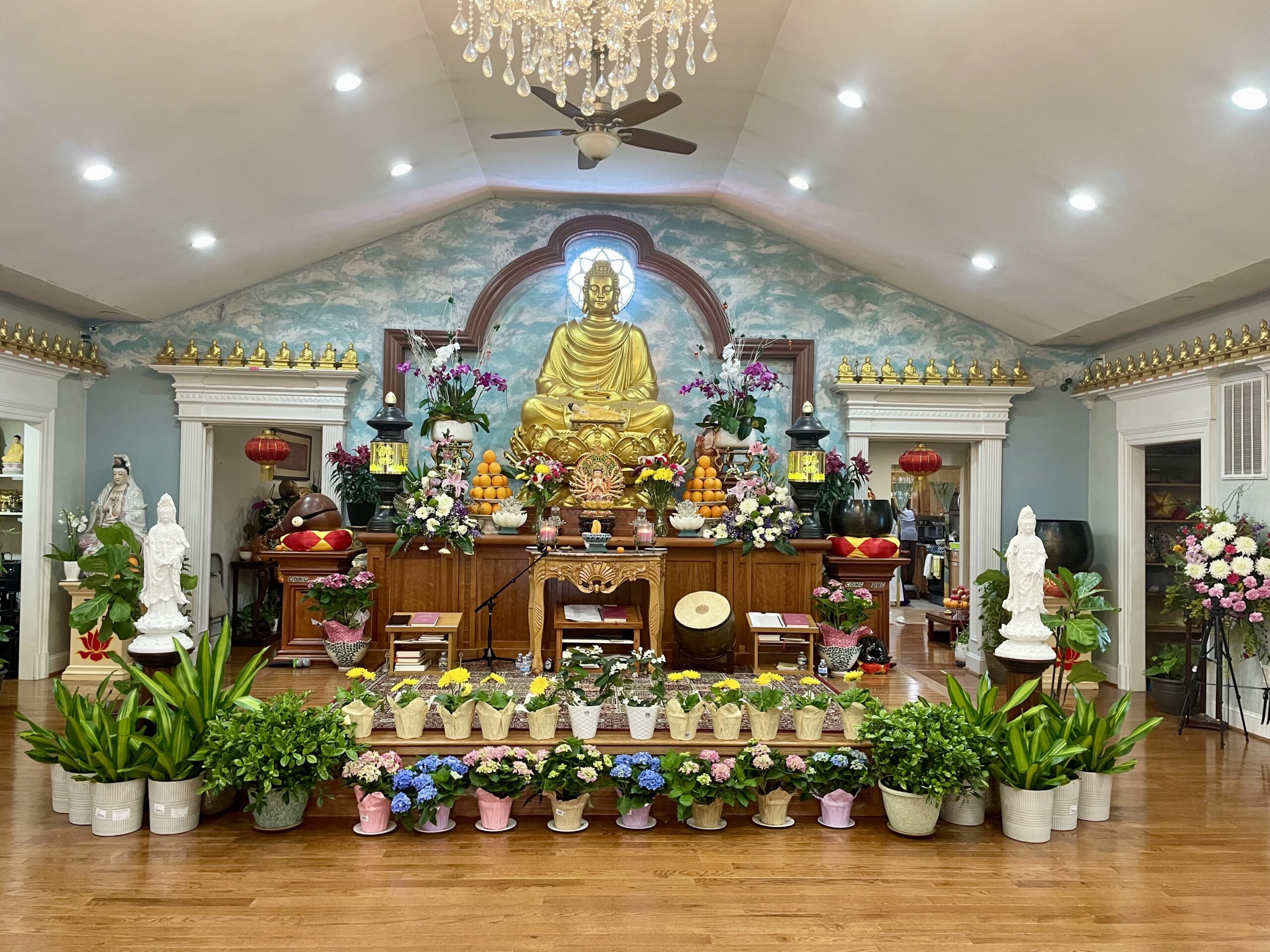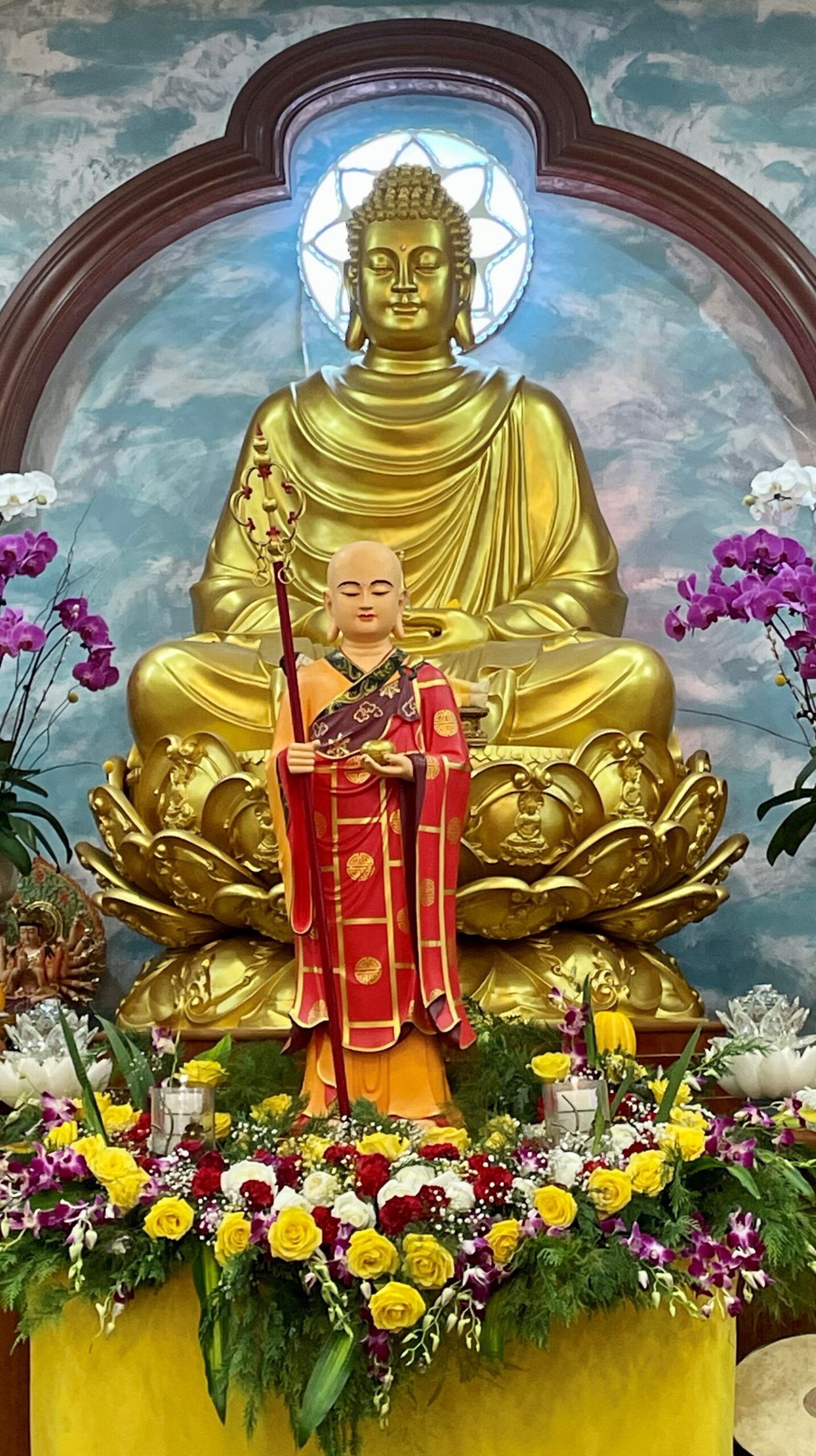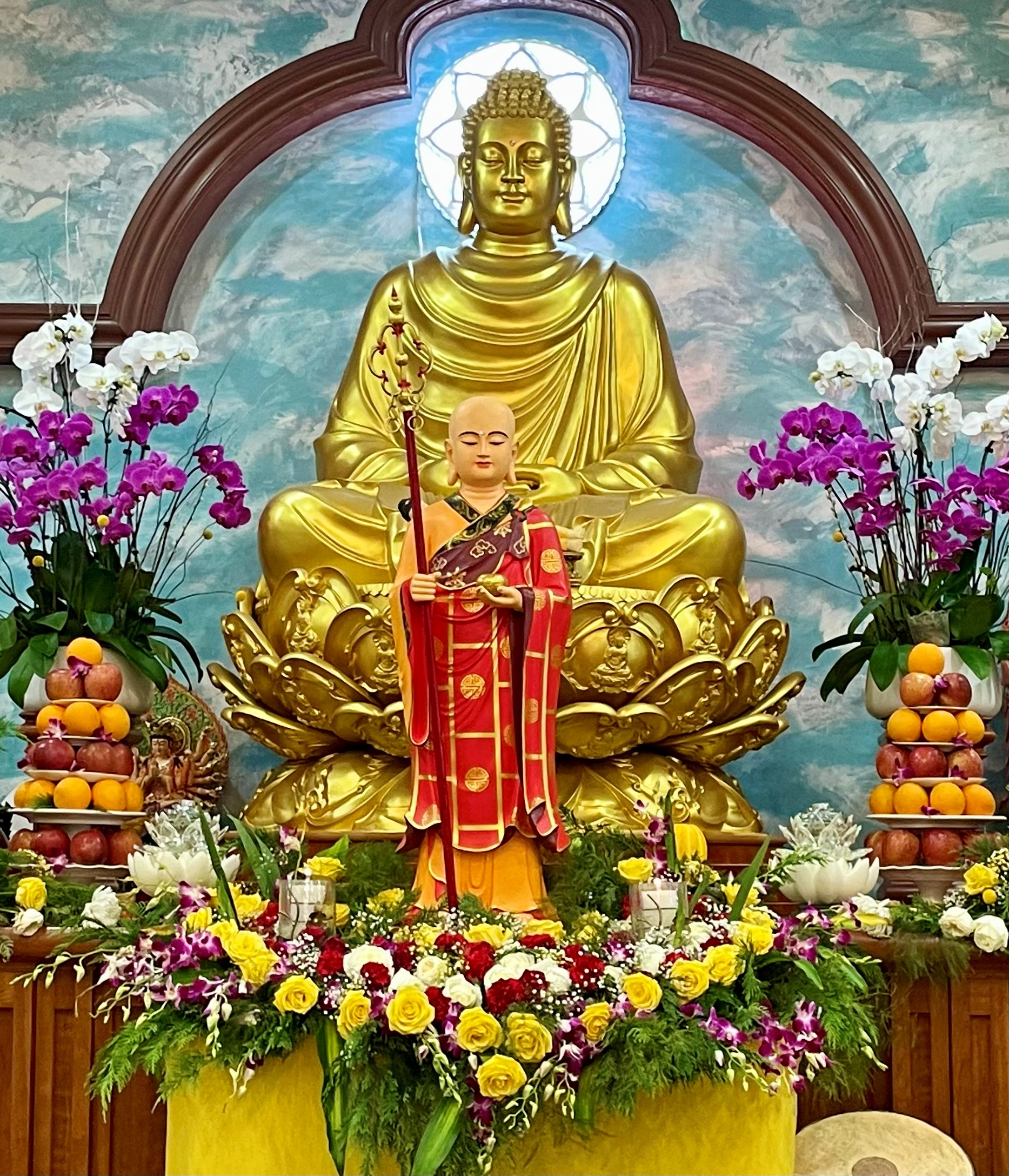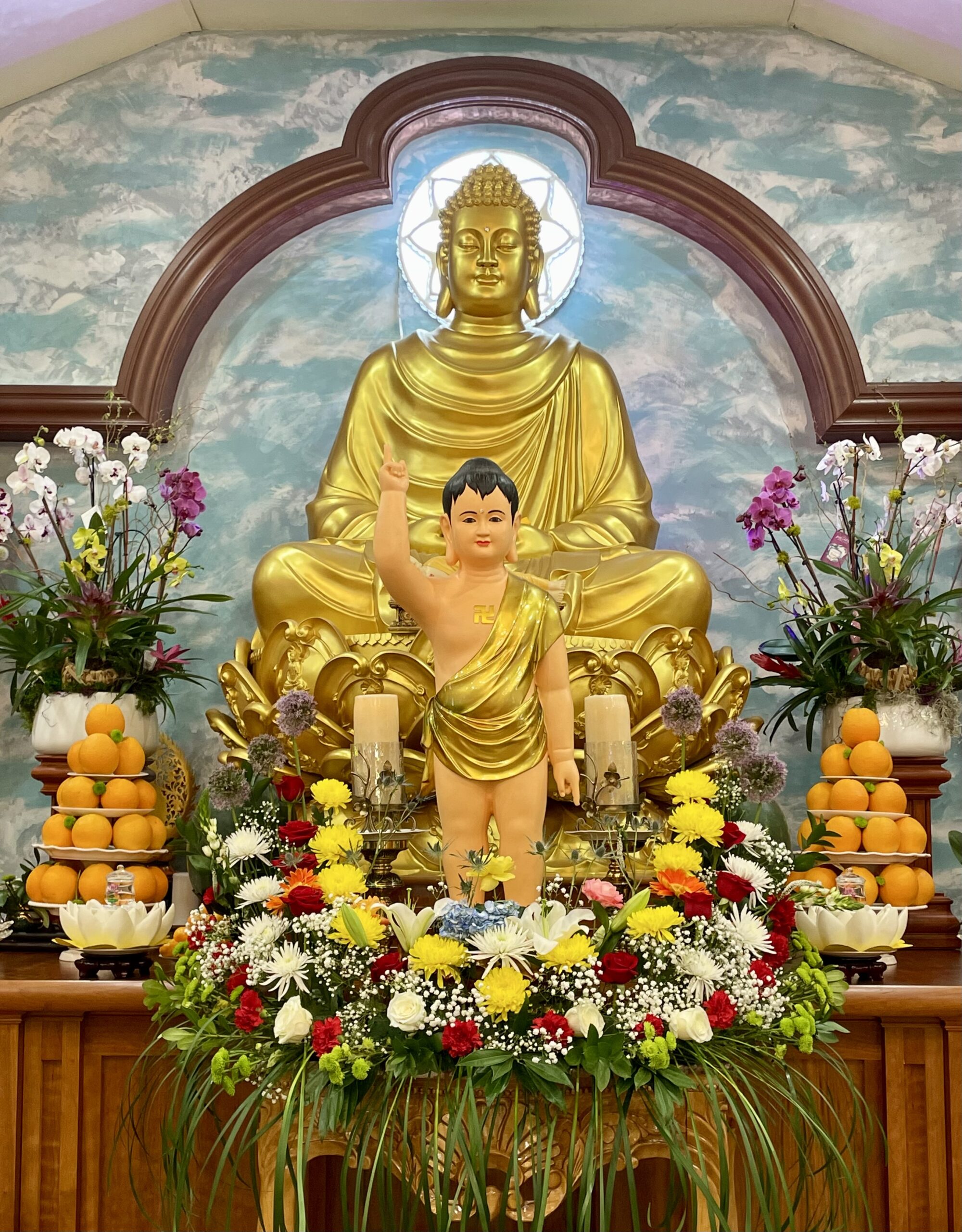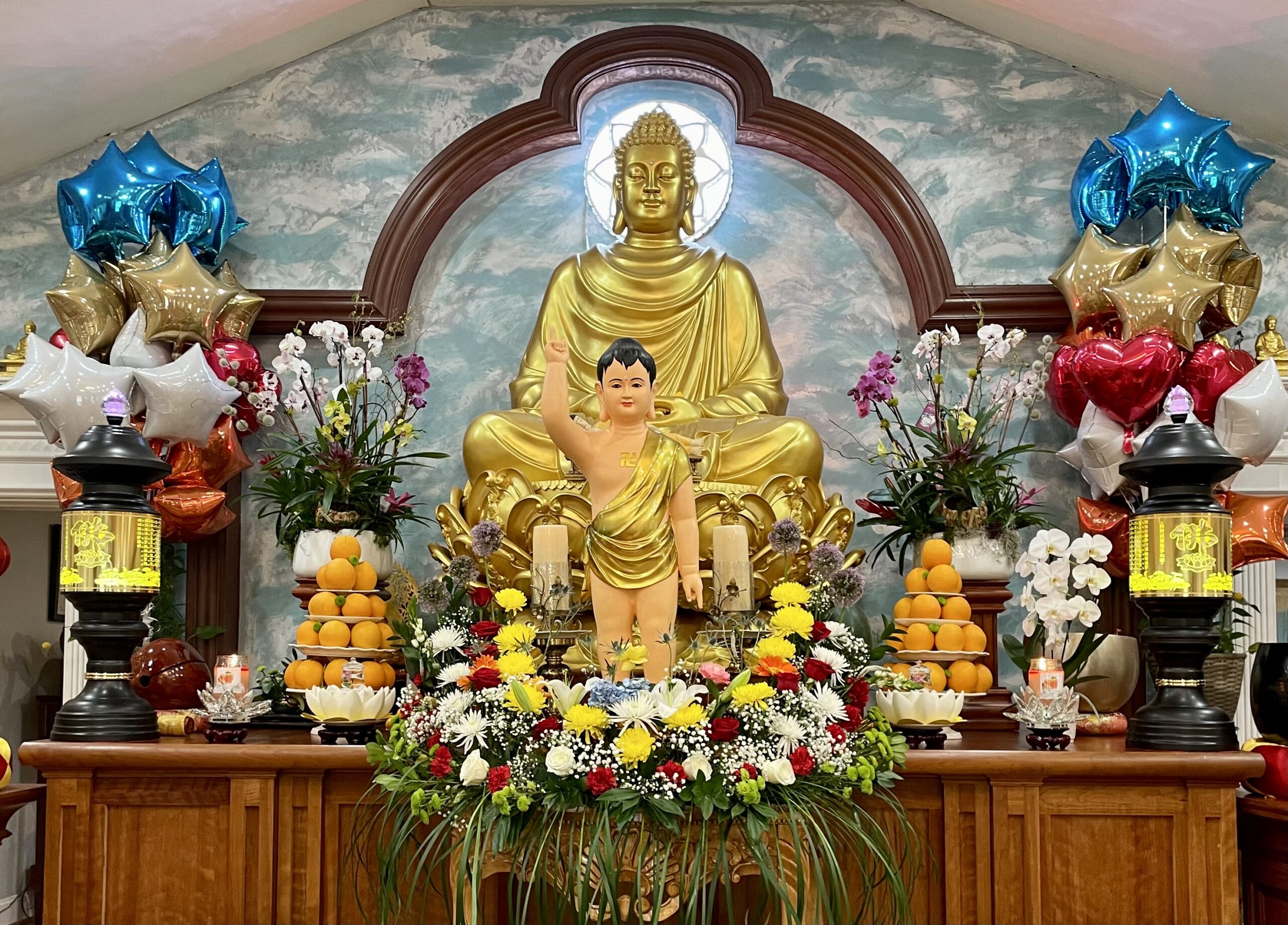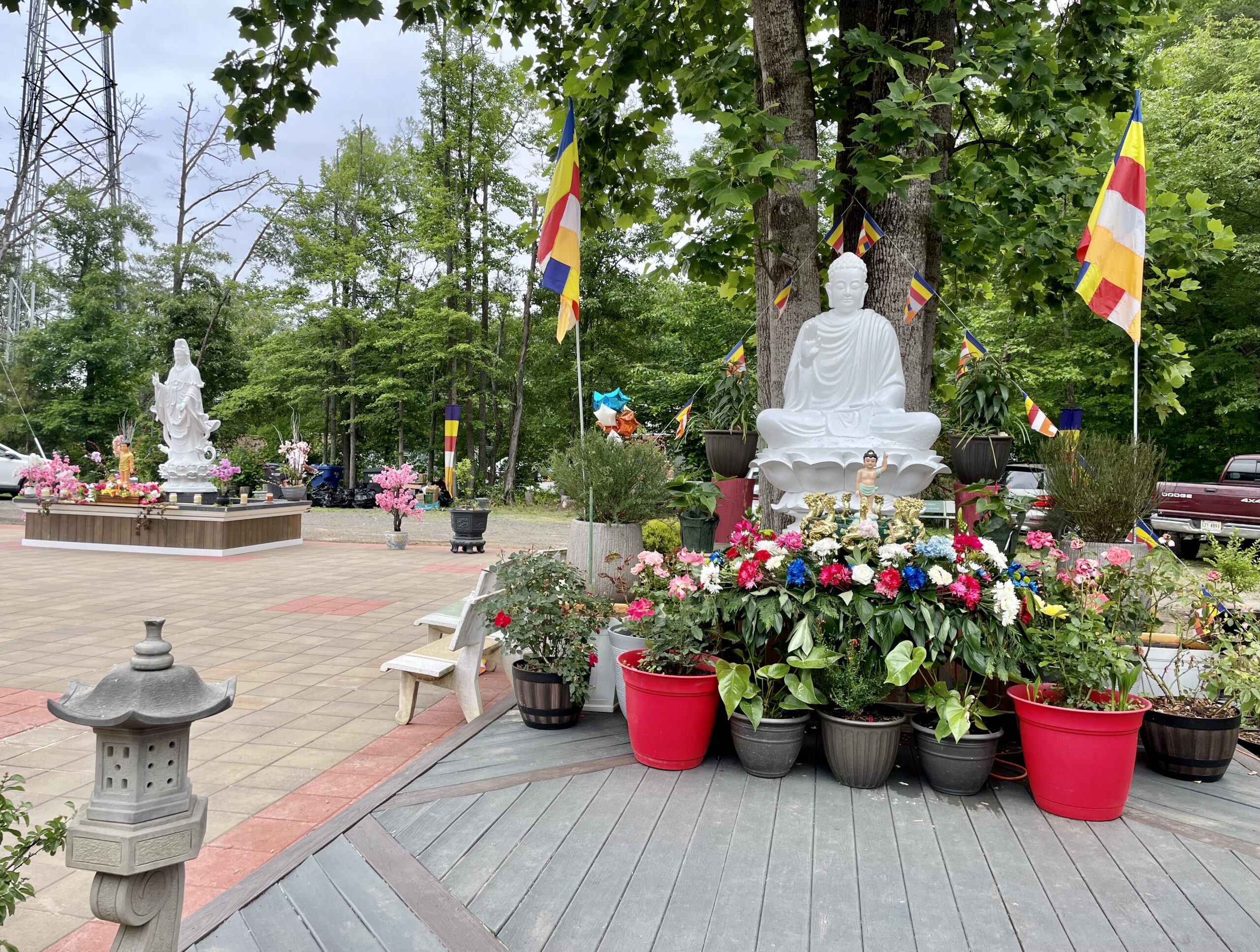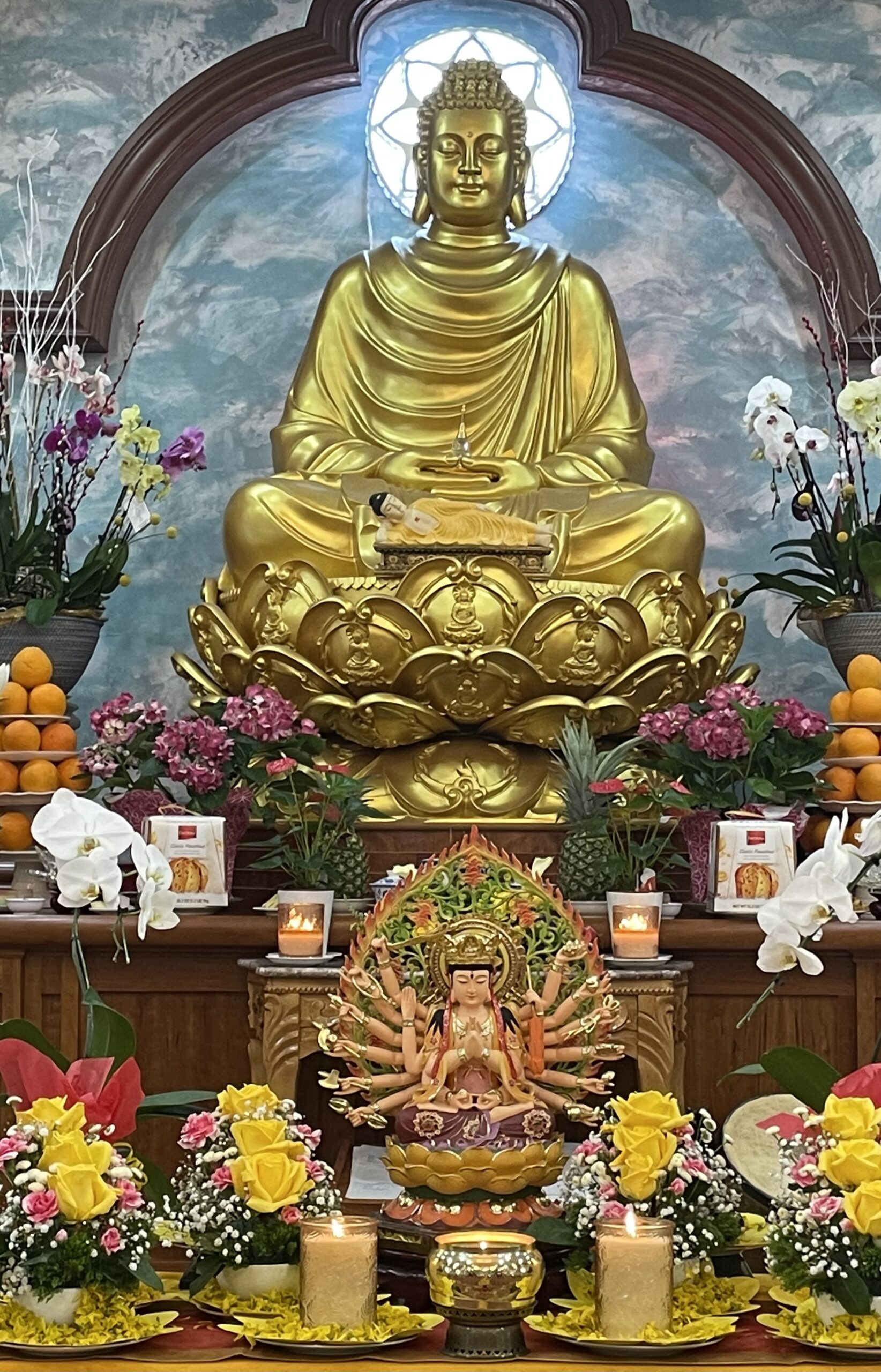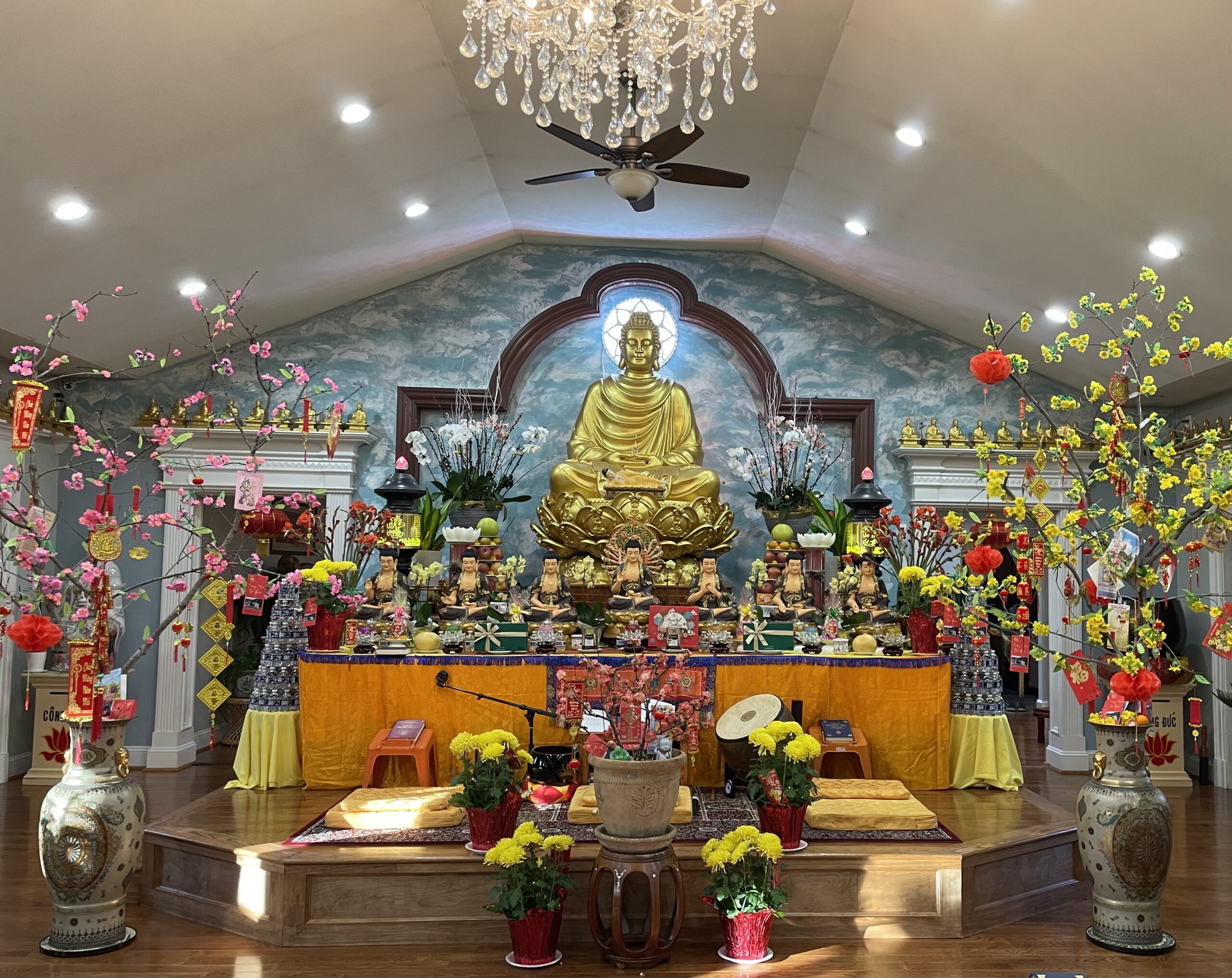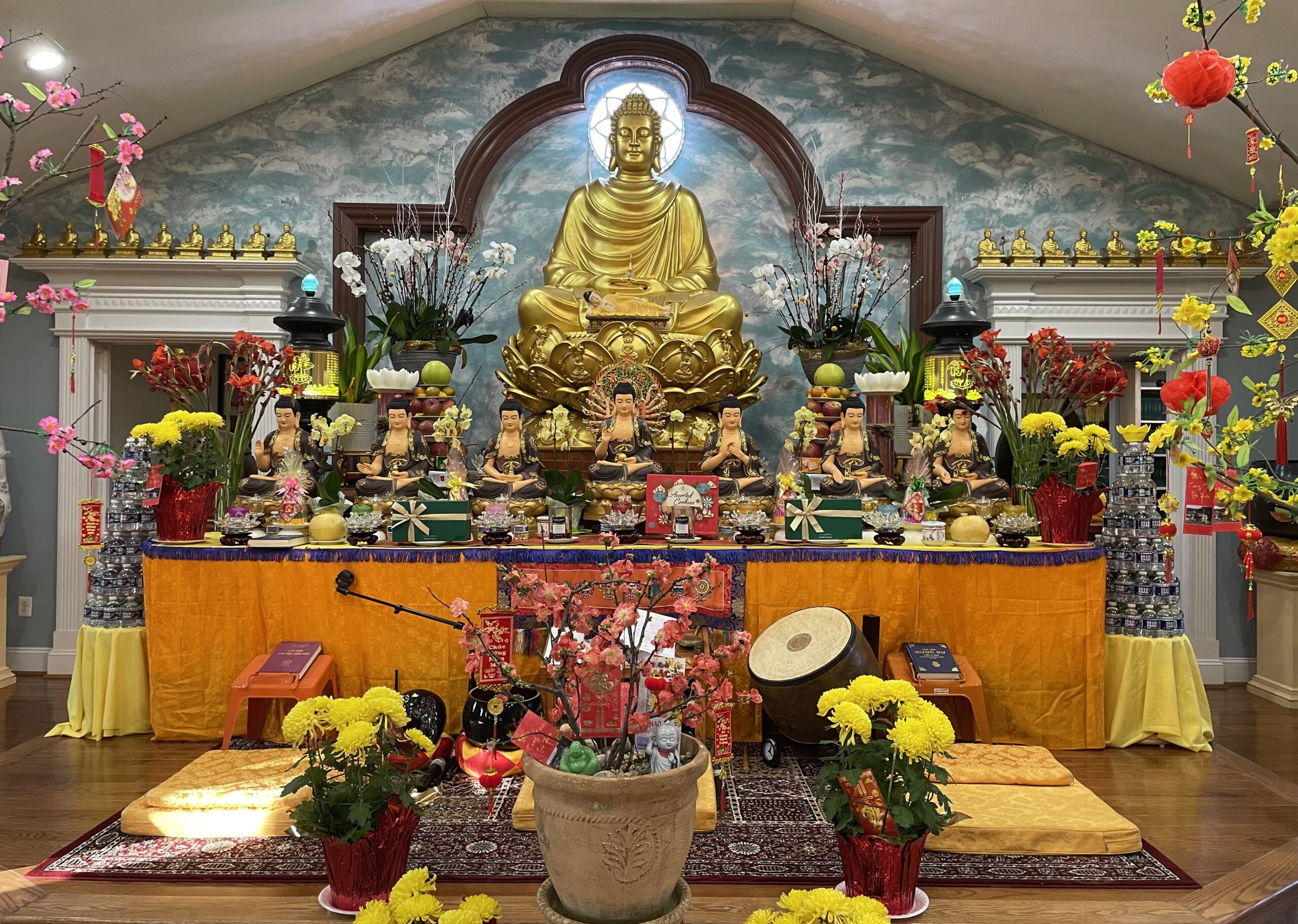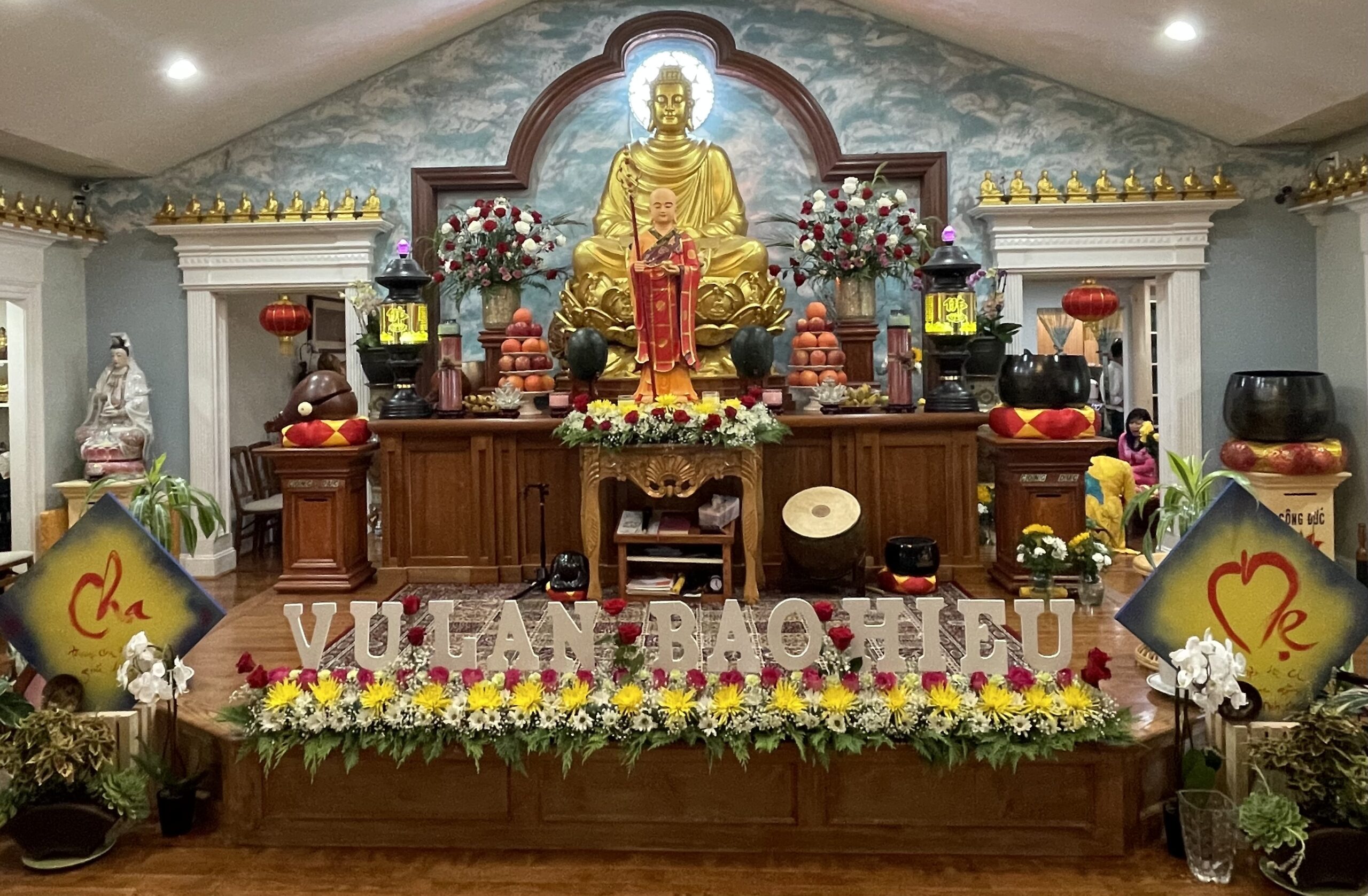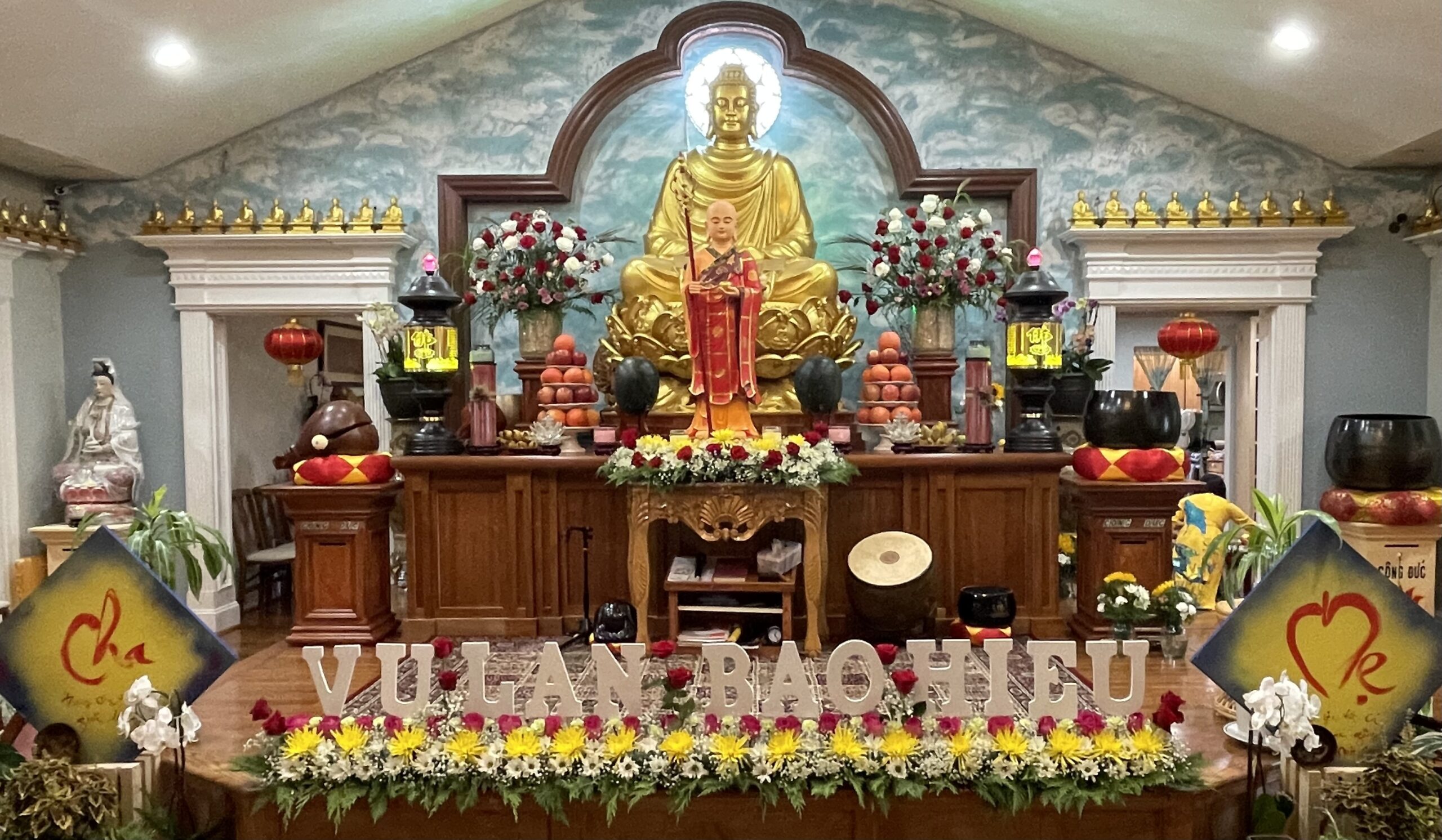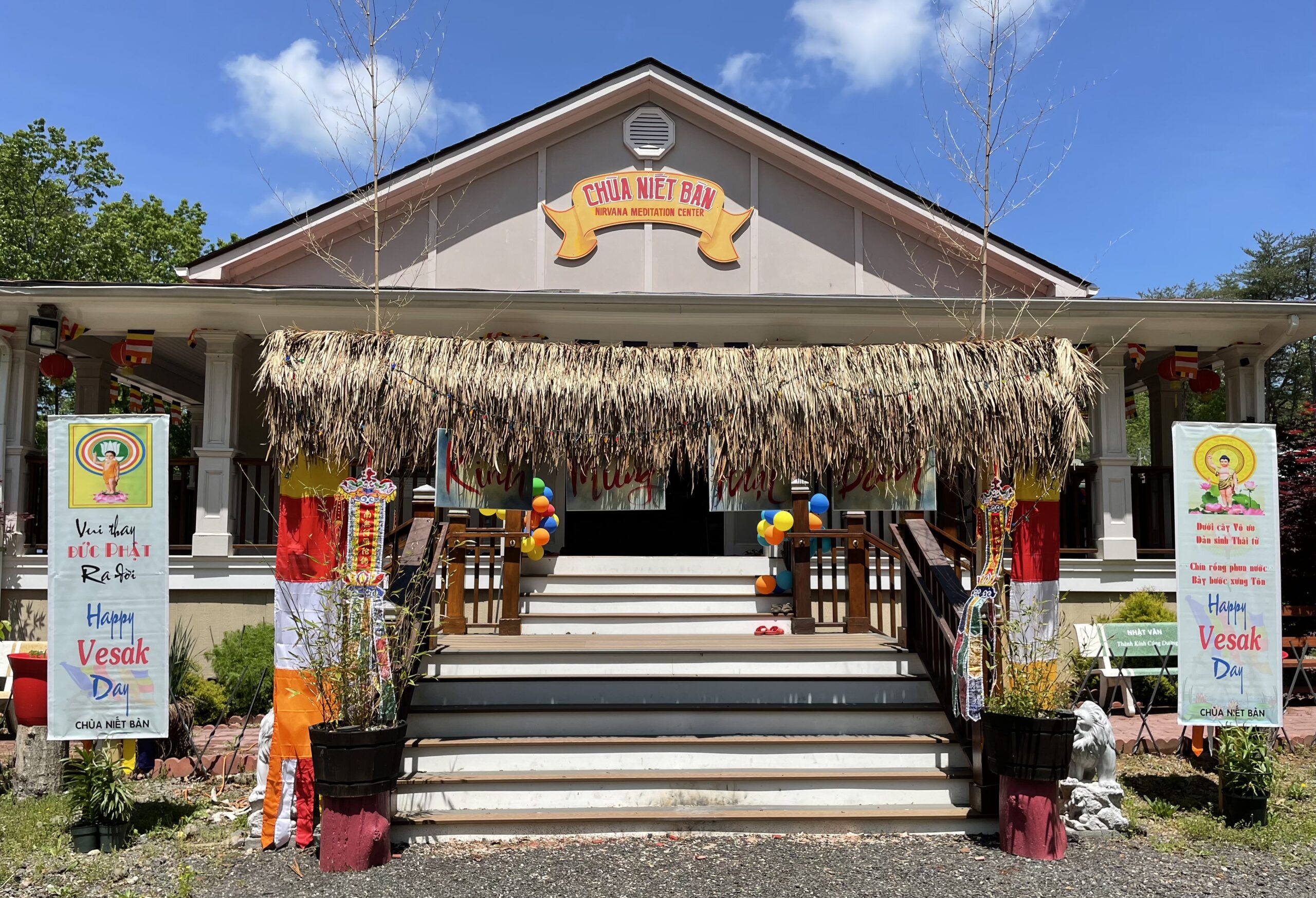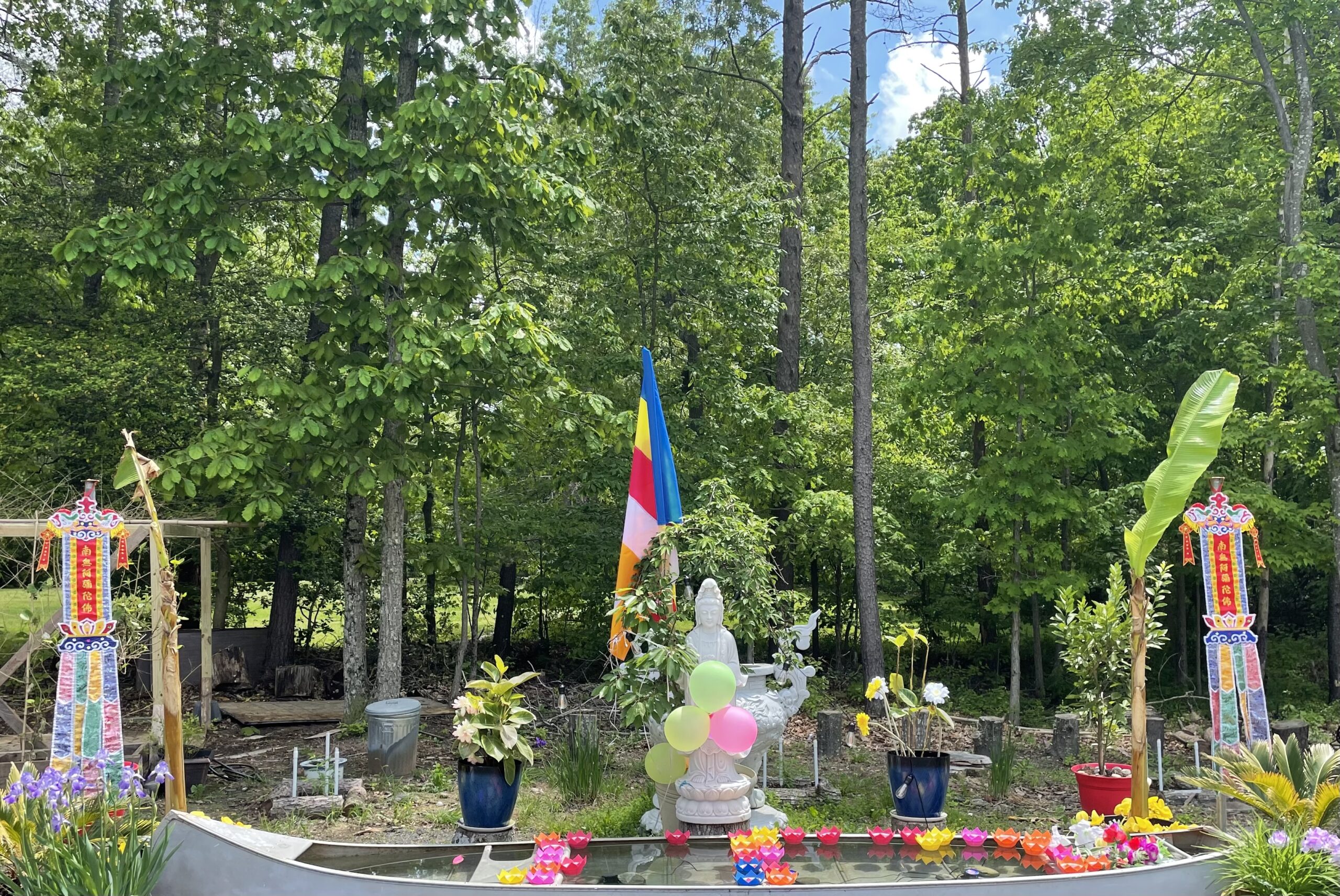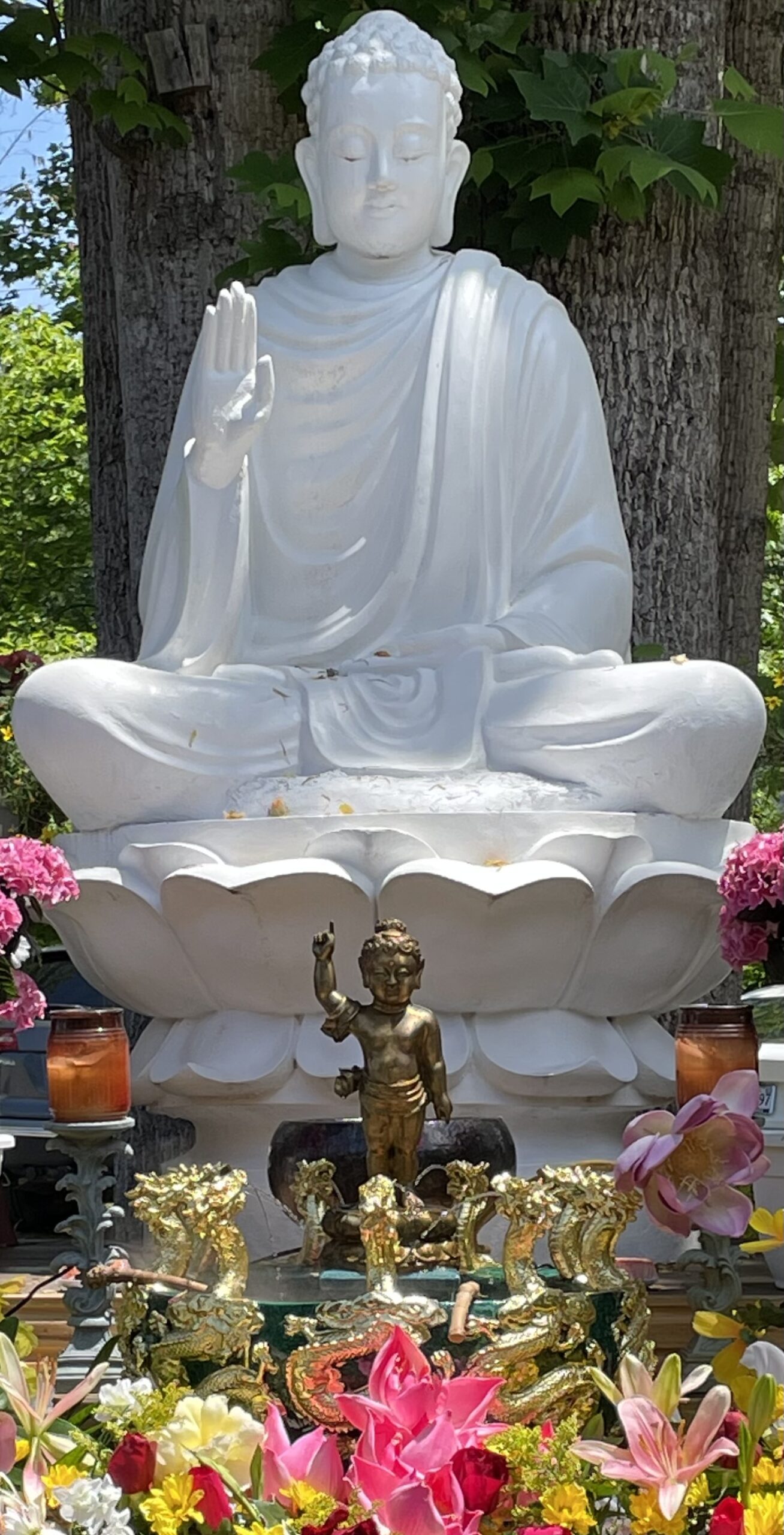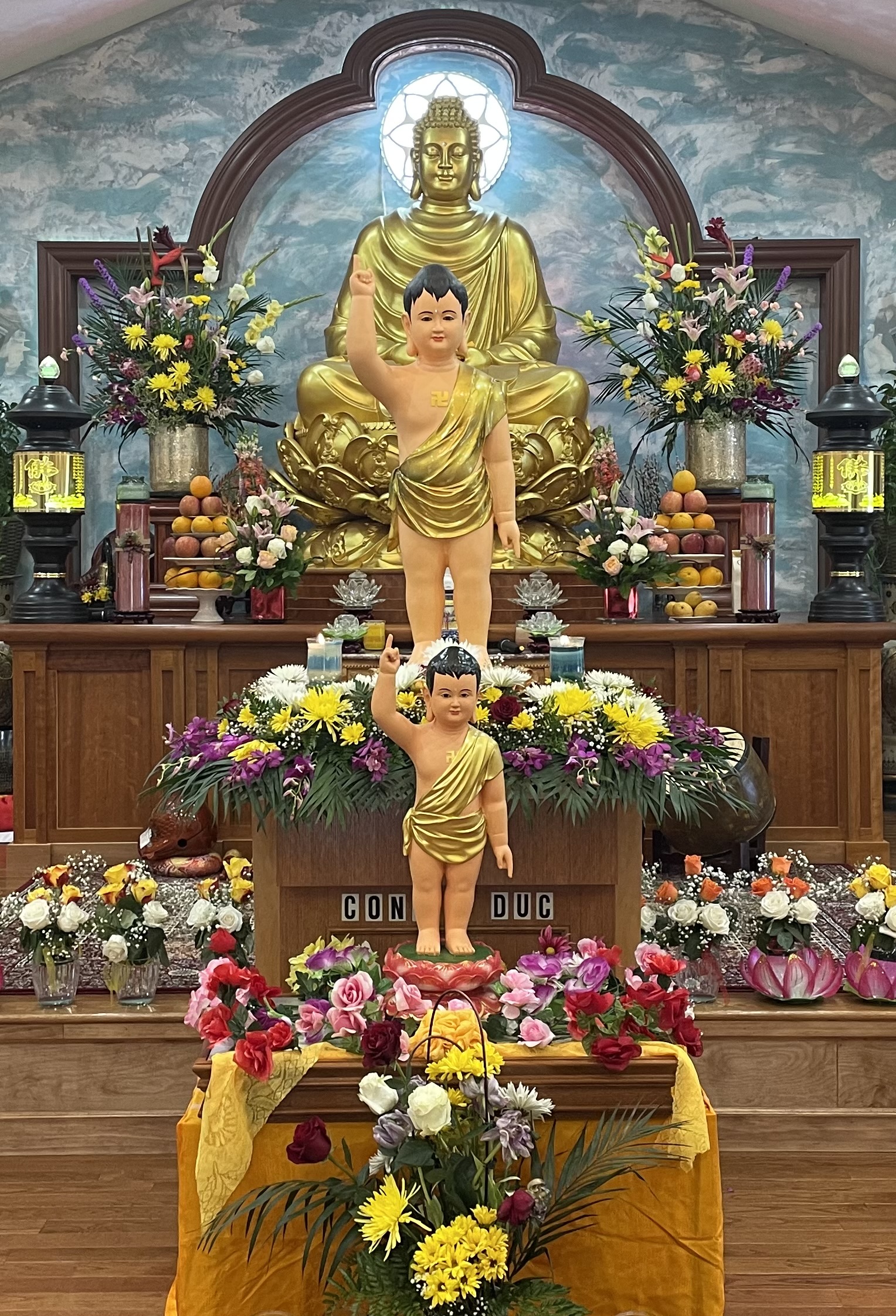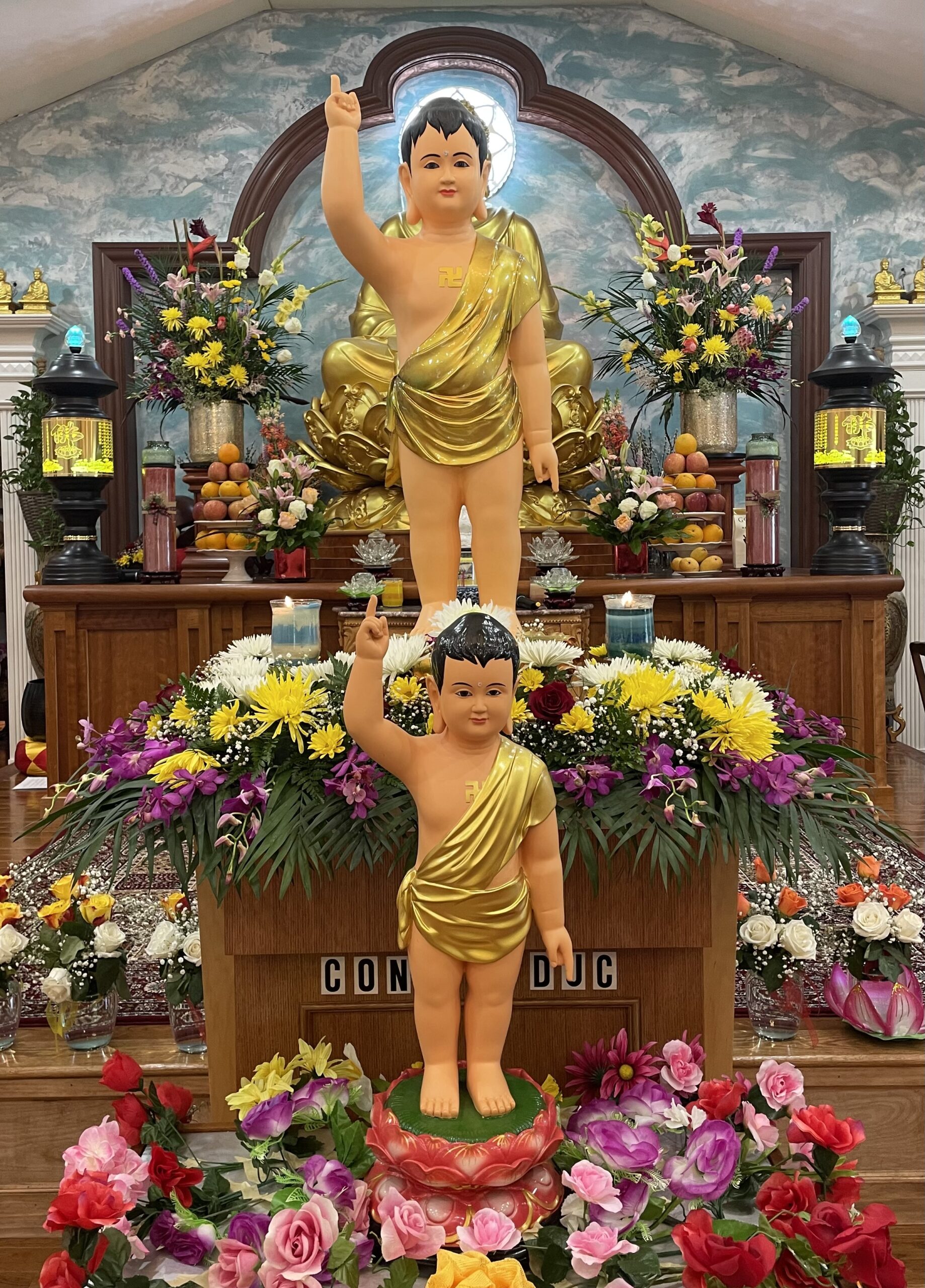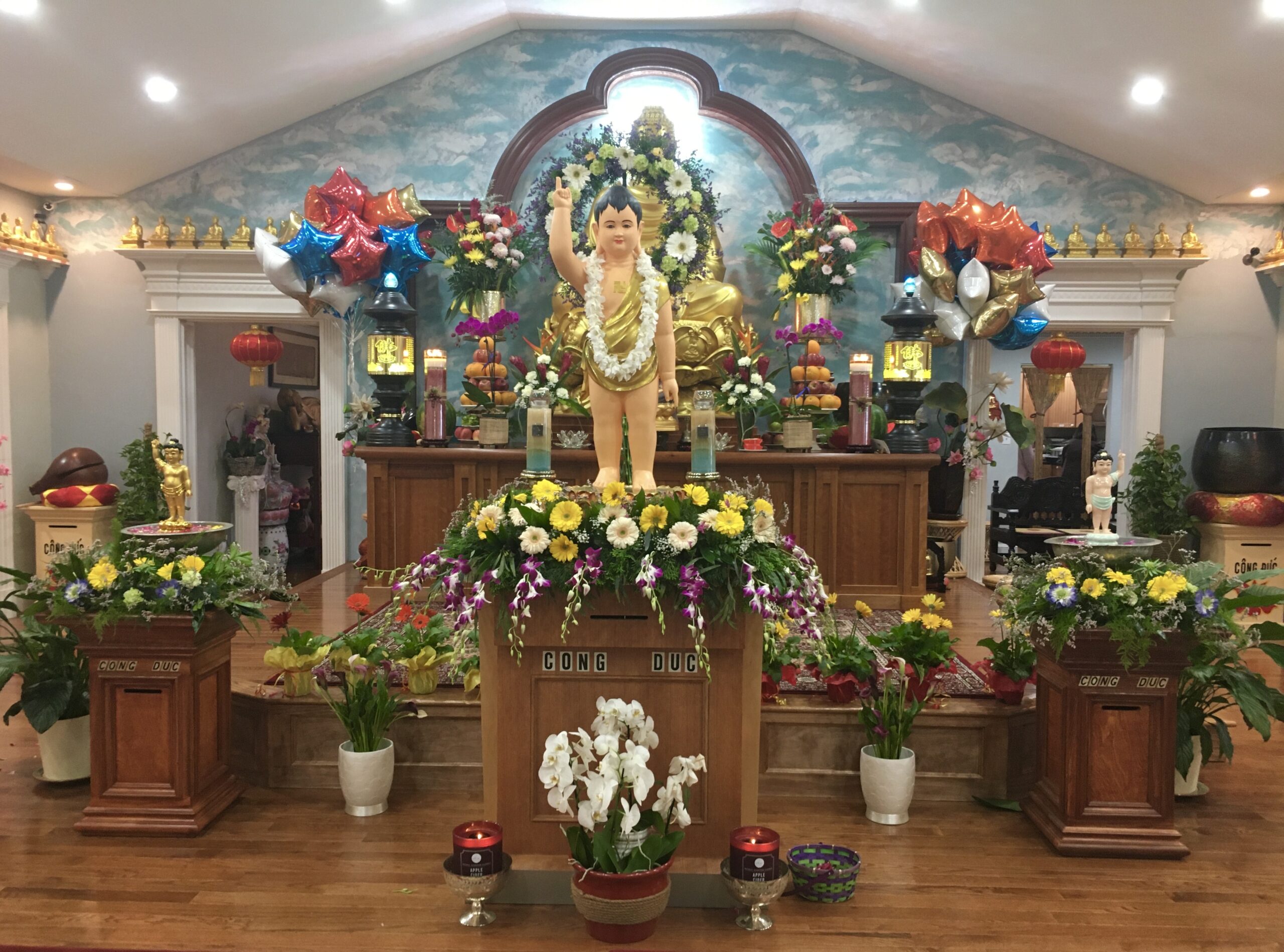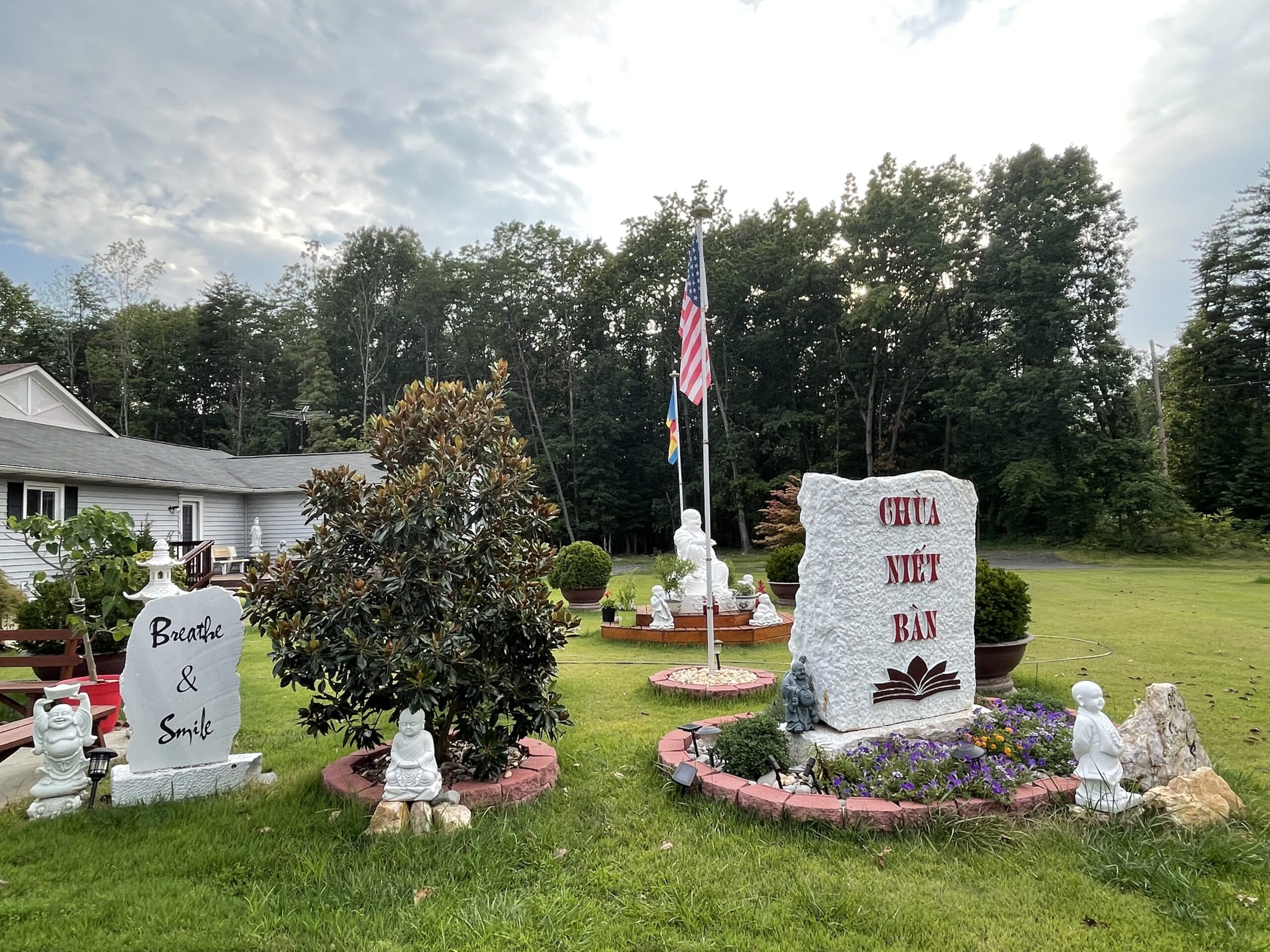Hoa Vo Uu (Buddha Dharma Education Association)
Venerable Shravasti Dhammika
The Buddha’s Words of Wisdom
It is said that the Sakyans and the Koliyãns dammed the waters of the Rohinĩ River between Kapilavatthu and Koliyã and cultivated the fields on both sides of the river. In the month of Jetthamũla, the crops began to wilt, and the labourers employed by both cities assembled.
Those of Koliyã said: “If the water is diverted to both sides of the river there will not be enough for both of us. As our crops will ripen with a single watering, let us have the water.”
But the Sakyans replied: “After your granaries are full, we will not be able to face taking our valuables and with basket and bags in hand, going from door to door, begging from you. Our crops will ripen with a single watering, so let us have the water.”
“We will not give it to you.”
“And we will not let you have it.”
Talk grew bitter, one person struck another, the blow was returned, fighting broke out, and as they fought they cast aspersions upon the origin of the two royal families.
The Koliyãn labourers said: “Take your children and go where you belong. How can we be harmed by the elephants, horses, shields and weapons of those, who like dogs and jackails, have cohabited with their own sisters?”
The Sakyan laboureres replied: “You lepers, take your children and go where you belong. How can we be harmed by the elephants, horses, shields and weapons of destitute outcasts who live up jujube trees like animals.”
Both groups went and reported the quarrel to the ministers who were in charge of the work, who in turn reported it to the royal households.
The Sakyans prepared for battle, saying: “We will show the strength and power of those who have cohabited with their sisters.”
The Koliyãns prepared for battle, saying: “We will show the strength and power of those who live up jujube trees.”
As the Lord surveyed the world at dawn he saw his kinsmen and thought: “If I do not go, these men will destroy each other. It is my duty to go to them.”
He passed through the air to where his kinsmen were gatherred, and seated himself cross-legged in the air in the middle of the Rohinĩ River. When they saw him, the Lord’s kinsmen threw down their weapons and wordshipped him.
Then the Lord said: “What is this quarrel about, great king?”
“We know not, reverend sir.”
“Then who would know?”
“The commander-in-chief of the army will know. When asked, the commander-in-chief suggested the viceroy might know. Thus the Lord asked one after the other with none of them knowing the cause of the quarrel, until the labourers were asked. They replied: “The quarrel is about the water.”
Then the Lord said to the king: “What is the value of water, great king?”
“Very little, reverend sir.”
“What is the value of a warrior?”
“A warrior, reverend sir, is beyond price.”
Then the Lord said: “It is not right that for a little water you should kill wariors who are beyond price.”
They were all silent. “Great kings, why do you act thus? Were I not here today, you would cause a river of blood to flow. Your actions are unworthy. You live in hatred, given to the five kinds of hatred. I live full of love. You live sick with passions. I live free from sickness. You live chasing after the five kinds of sense pleasures. I live in contentment.”




















